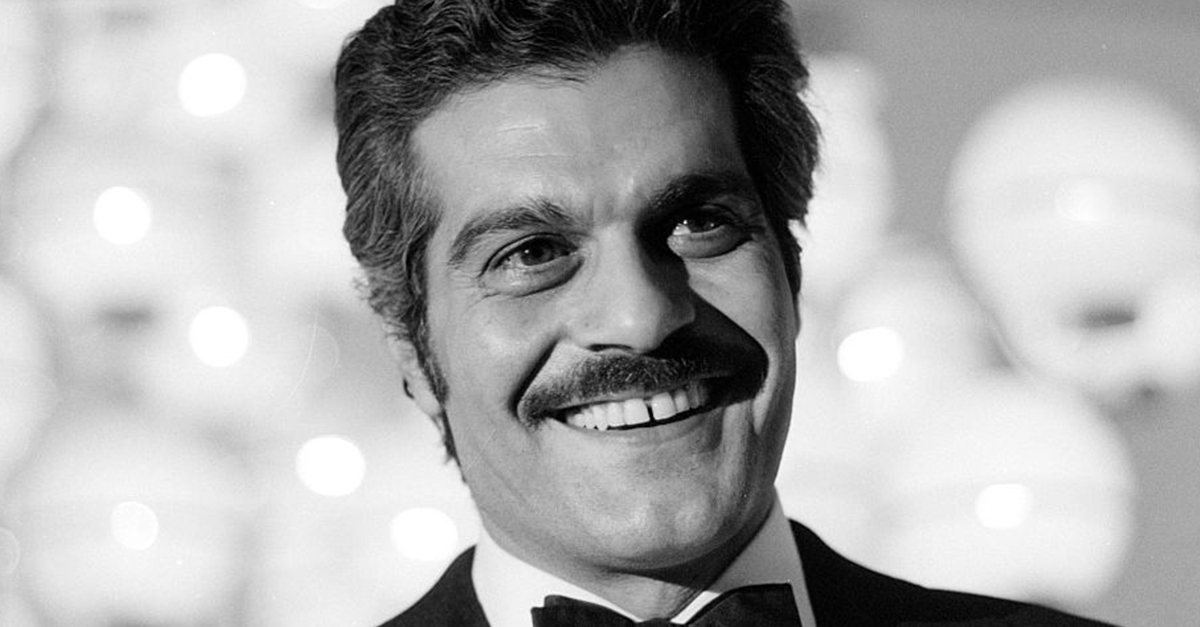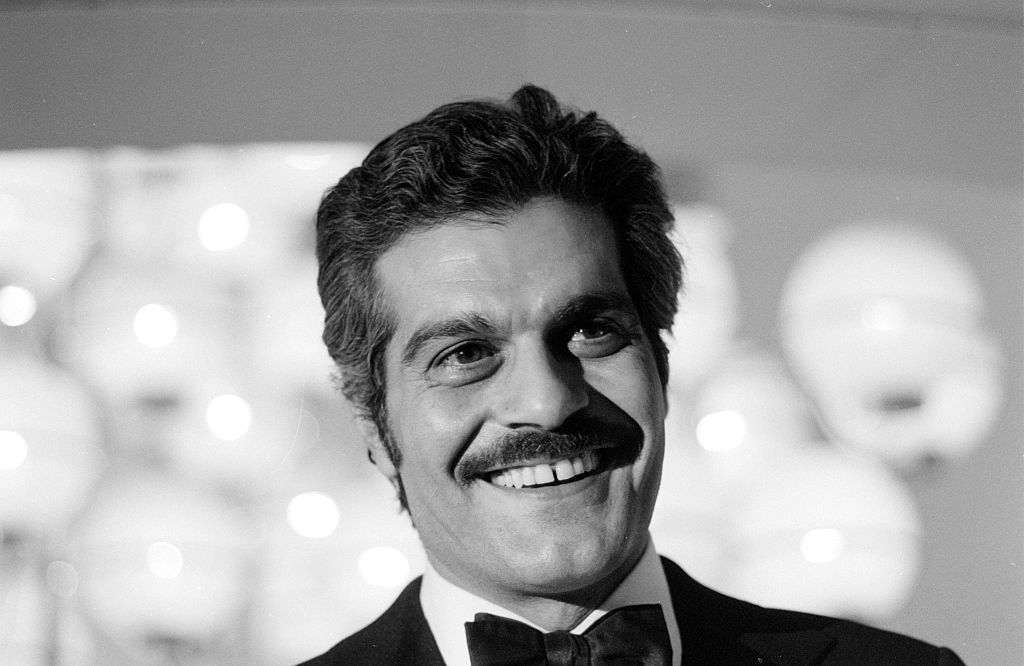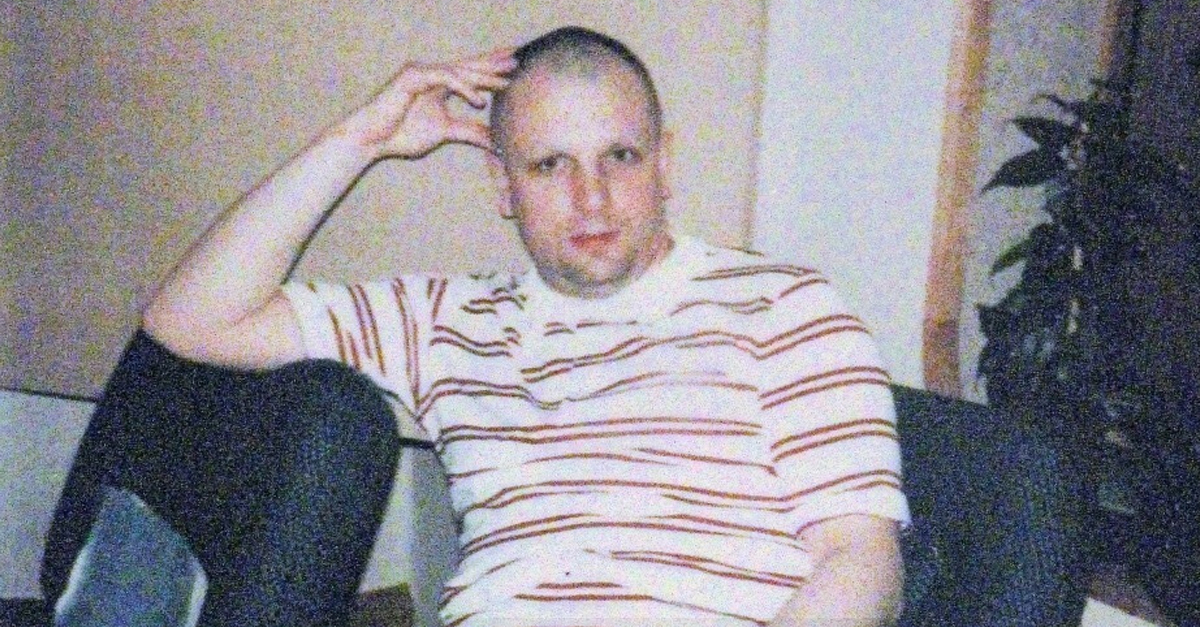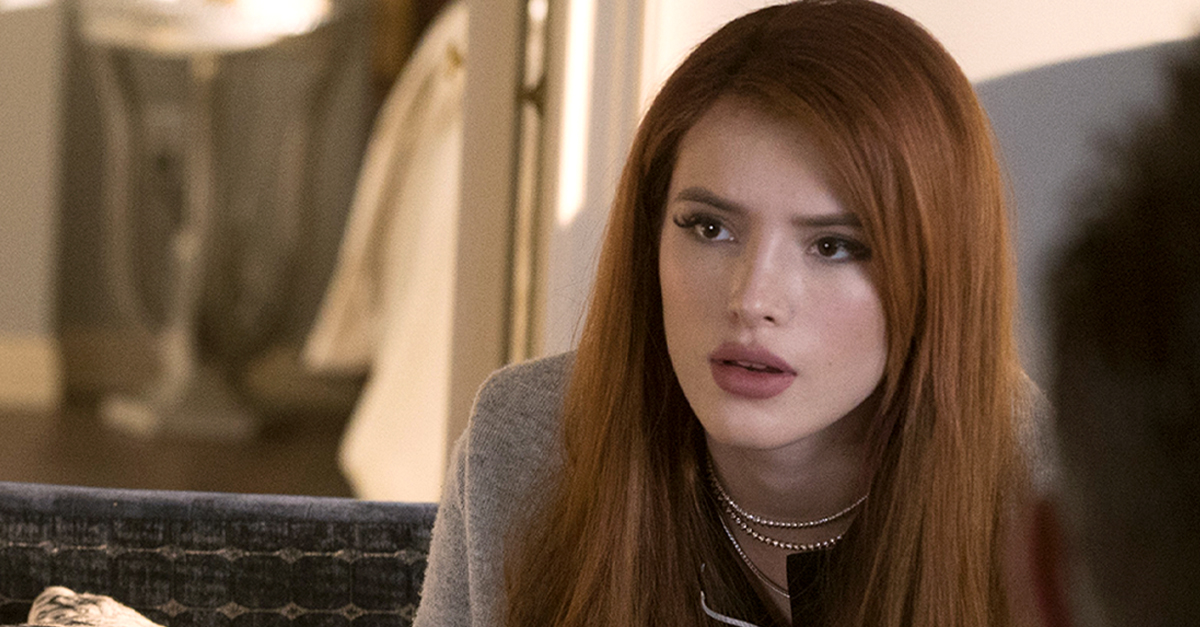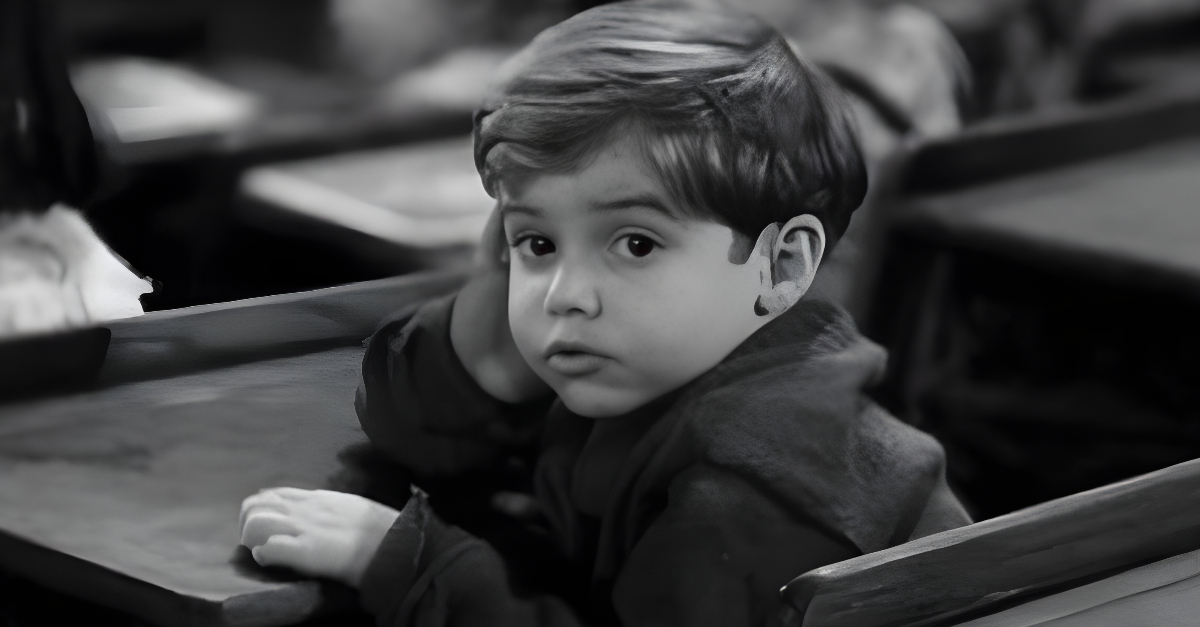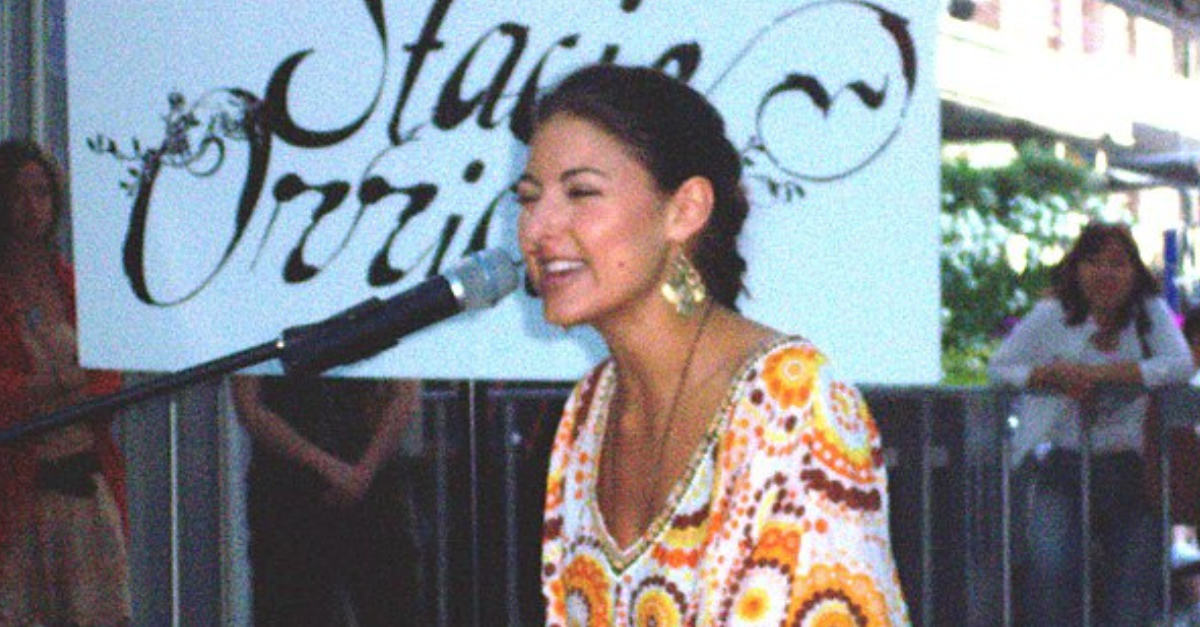The Smoldering Egyptian Bad Boy
He was a giant of Egyptian cinema in his early days, a striking screen presence in his English-language films, and a language savant. But for all his talent, Omar Sharif had vices—including a gambling problem that took over his later life. And despite all his womanizing, there was only one real love of his life, a love that he lost and never replaced.
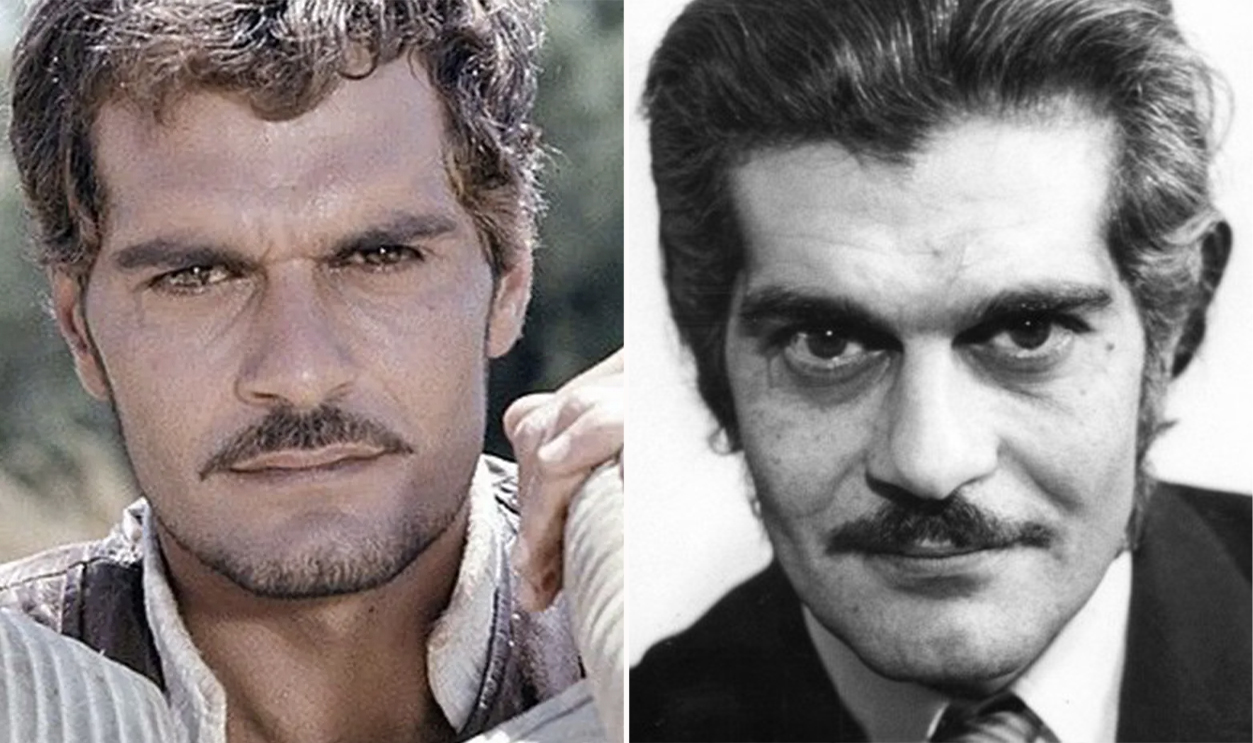
1. His Mother Gambled With A King
Even from a young age, Omar had experience hobnobbing with the elite. During his childhood in Cairo, his mother, Claire Saada, often had a very important visitor: Farouk I, the King of Egypt (until his people deposed him in 1952 anyway). It was here that Omar’s mother introduced him to the gambling that would later dominate his life and leech away his fortune.
2. She Thought He Was Too Fat
There’s nothing like a mother’s love…but for Omar, his mother’s love was contingent on him being handsome and famous. So when she decided he was getting too fat at the age of 11, she sent him off to the Anglophone Victoria College, an English-style boarding school.
After all, she reasoned, English food was the worst in the world, so what better way to lose weight. But an unexpected result of attending this boarding school horrified Omar’s father.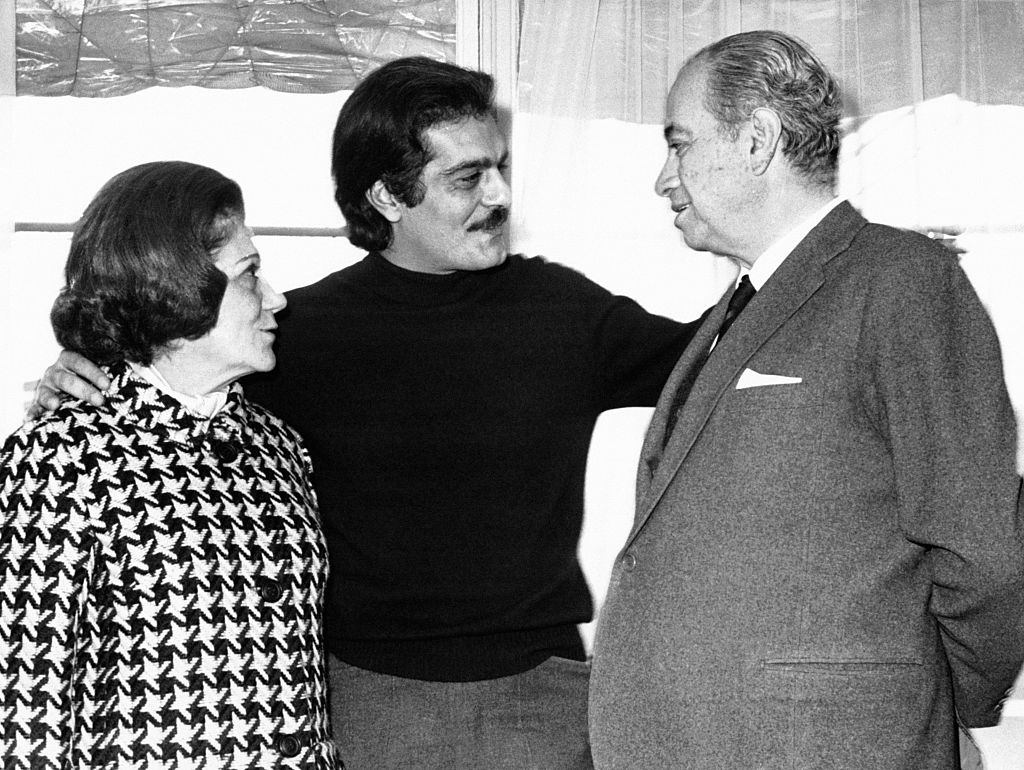 Keystone-France, Getty Images
Keystone-France, Getty Images
3. He Caught The Acting Bug
Omar may have lost weight, but he gained a love for acting. A great way to fulfill his mother’s dream, but his father disagreed: he wanted Omar to follow him into the merchant business. In his 1977 memoir The Eternal Male, Omar stated that his father’s business made its money through dishonest means.
Omar had bigger plans for himself, however, and when his father tried to forbid him from pursuing acting, he reacted as only a dramatic teenager can.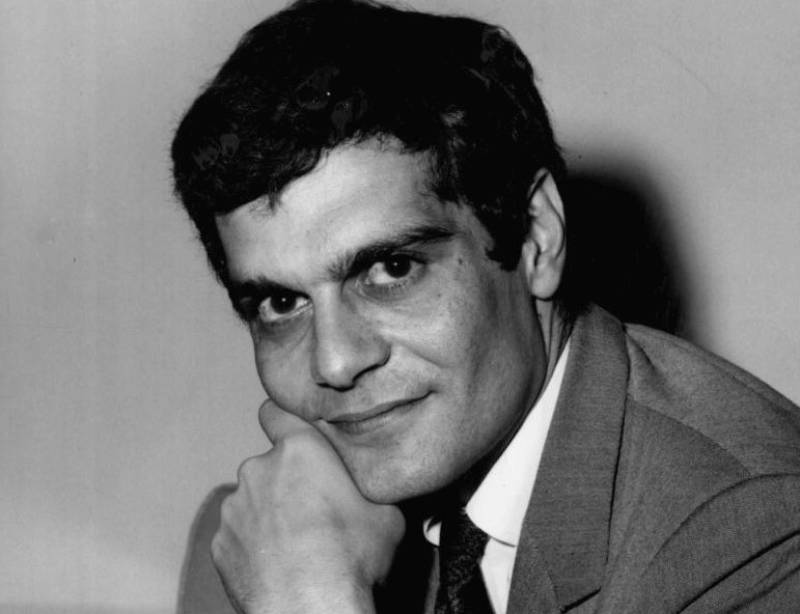 Photographer-Gene Weber, Seattle, Wikimedia Commons
Photographer-Gene Weber, Seattle, Wikimedia Commons
4. He Wasn’t Serious About It
Most teenagers satisfy themselves with yelling "I hate you!" and storming off, but Omar took it a step further. He made an attempt at ending his own life…though he claims he wasn’t really serious about it. It didn’t work anyway; after graduating from Cairo University with degrees in math and physics, he spent a few years working in his father’s lumber business. But he never quite forgot his love for acting. Citadelite, Wikimedia Commons
Citadelite, Wikimedia Commons
5. He Was Only 22
Omar’s first movie changed the course of his life. At the young age of 22, he was cast in 1954’s The Blazing Sun, where he played an engineer in love with the Pasha’s daughter. The film is considered one of Egypt’s top film productions, and was a major hit in the Soviet Union. But for Omar, it led him to the heights of love and the depths of tragedy.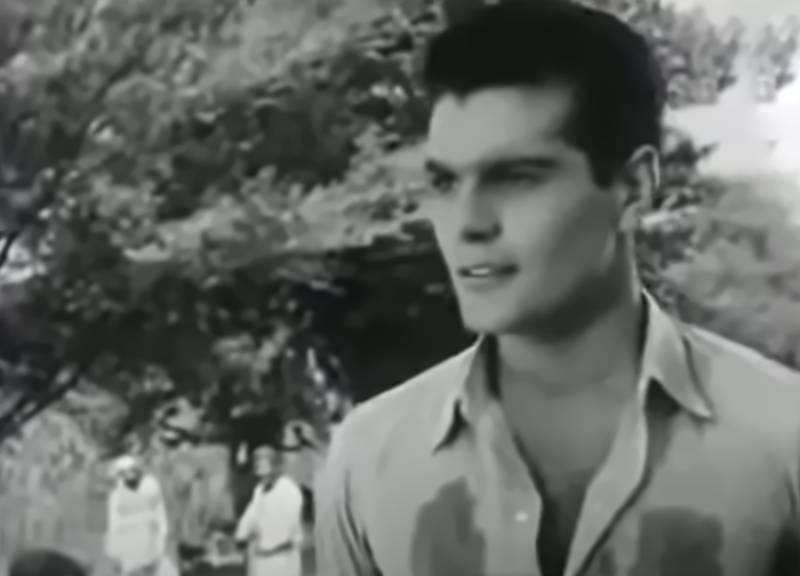 Nile Cinema Company, The Blazing Sun (1954)
Nile Cinema Company, The Blazing Sun (1954)
6. She Was Egypt’s Shirley Temple
The unsullied beauty of Egyptian cinema: that was Faten Hamama. She’d been acting since she was a child, but she had one strict rule: she would never show intimacy on screen. That stance changed when she met Omar Sharif on the set of The Blazing Sun, and audiences watched as she shared her first film kiss with a man.
Small wonder, then, that they took their on-screen romance into real life.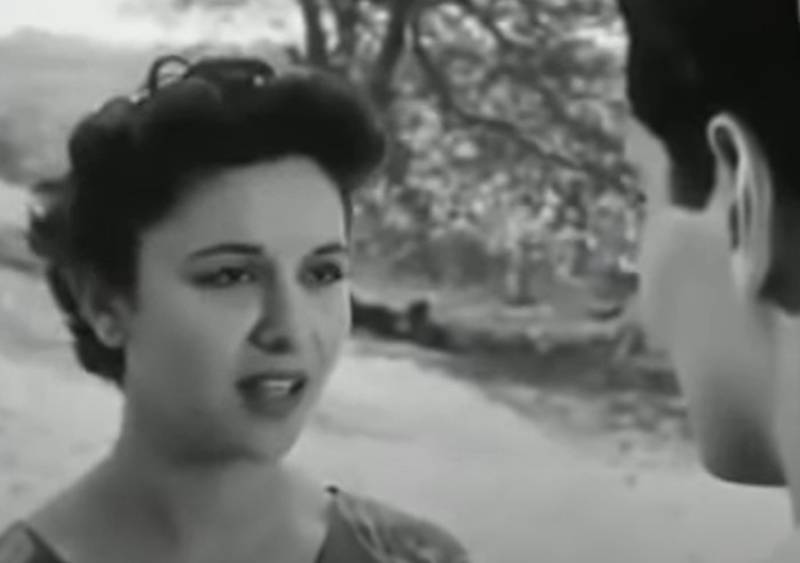 Nile Cinema Company, The Blazing Sun (1954)
Nile Cinema Company, The Blazing Sun (1954)
7. He Converted For Her
Religion is a sticky subject, one which can lead to wars, let alone the destruction of a romantic relationship. Omar Sharif, born Michel Yusef Dimitri Chalhoub, was Greek Catholic; Faten was Muslim. But for the love of his life, Omar was willing to change both his name and his religion, converting to Islam. They married in 1955, but sadly, love wasn’t enough to keep them together forever. 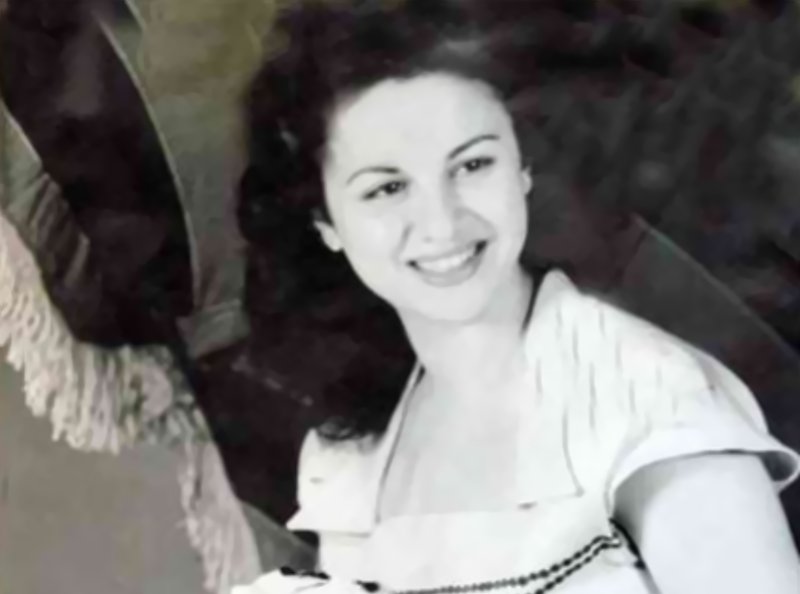 faten hamama website, Wikimedia Commons
faten hamama website, Wikimedia Commons
8. They Were Just Too Different
His brooding good looks; her quiet charm and charisma. On-screen, Omar and Faten sizzled in various film roles over twenty years. But off-screen, Faten chafed under Omar’s rising fame. It’s not that she was jealous—after all, she was a beloved actress herself—but that she preferred to keep her private life, well, private.
Omar, on the other hand, lived a womanizer lifestyle, always seeking to stave off boredom.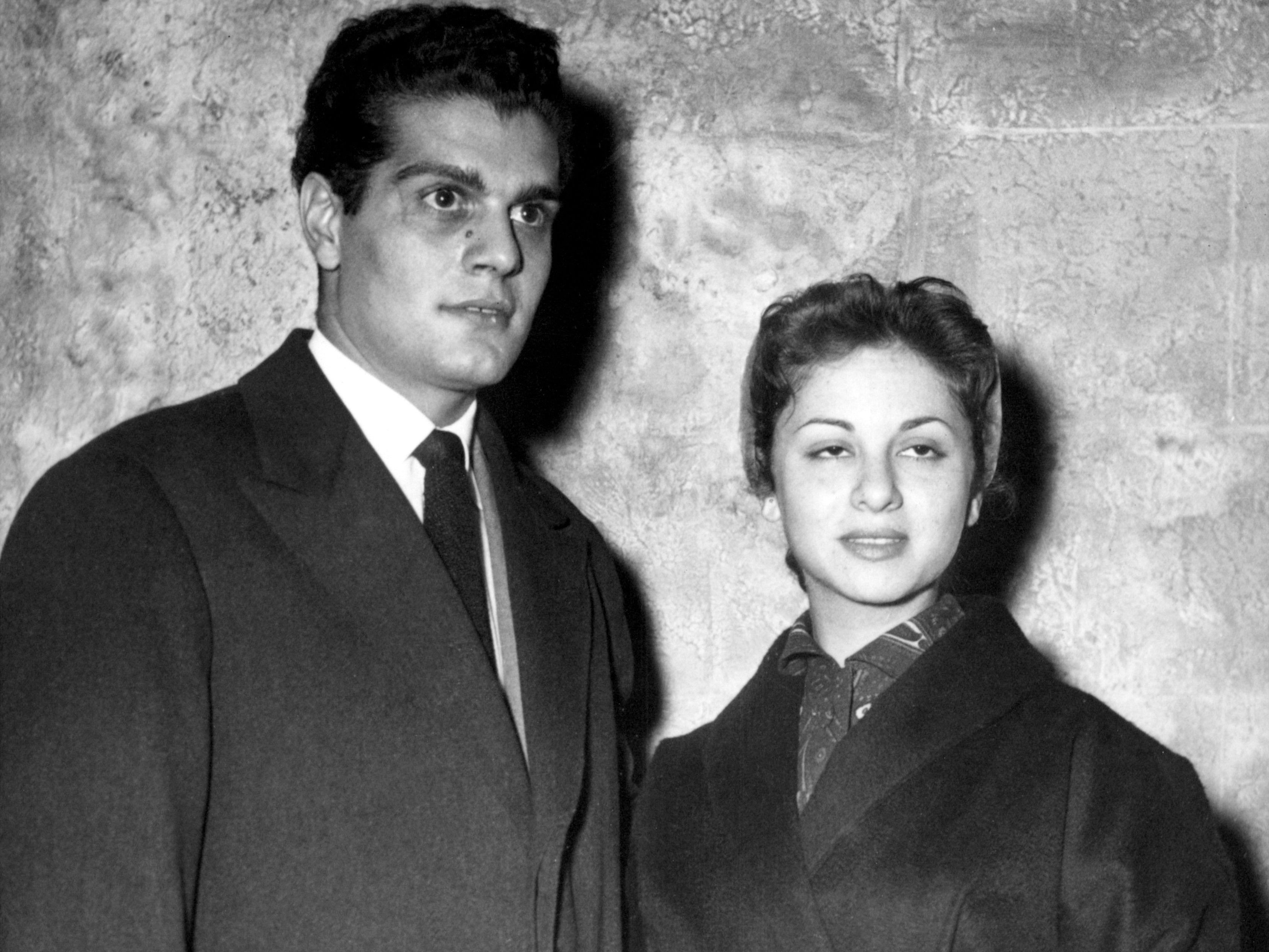 Keystone-France, Getty Images
Keystone-France, Getty Images
9. He Got Bored Easily
A beautiful wife, a healthy son, and international fame; what else could any man ask for? But nothing was ever quite enough for Omar, which led in part to the gambling addiction in his later life. But first, he landed his dream role—and it marked the beginning of the end of his marriage with Faten.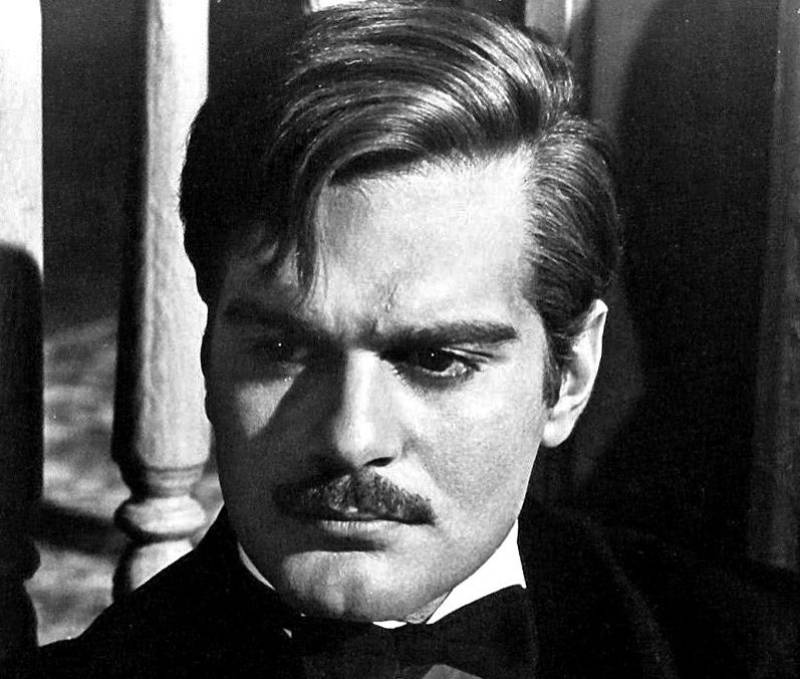 Muhammad Mansour, CC BY 2.0, Wikimedia Commons
Muhammad Mansour, CC BY 2.0, Wikimedia Commons
10. He Had To Travel
The life of an actor may be glamorous, but it often involves a lot of traveling and being away from family—and Omar was no exception. If he’d stayed in Egypt, maybe his marriage with Faten would have survived. But instead, he came to the attention of British director David Lean, albeit in a somewhat unusual way.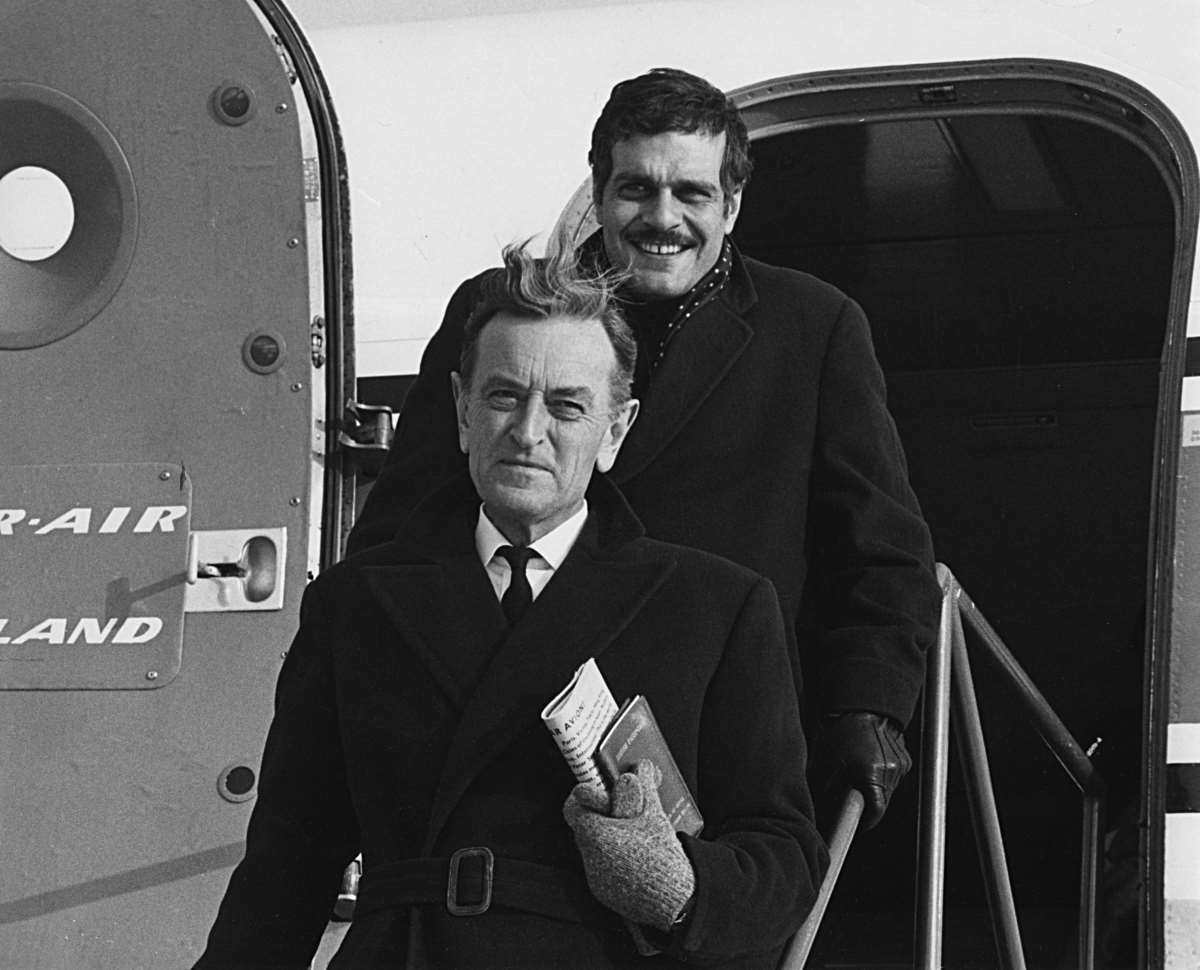 AnonymousUnknown author / Kar-Air Oy, Wikimedia Commons
AnonymousUnknown author / Kar-Air Oy, Wikimedia Commons
11. His Dark Eyes Drew Attention
Some actors become stars for their ability to sink into a role and embody the character. Omar was first noticed because of a physical feature: his dark eyes. David Lean spotted Omar’s picture and simply thought that his swarthy good looks were a good contrast for Peter O’Toole’s blue eyes in a little film called Lawrence of Arabia.
And though it ended his marriage, the film brought Omar international fame and a close friendship with O’Toole.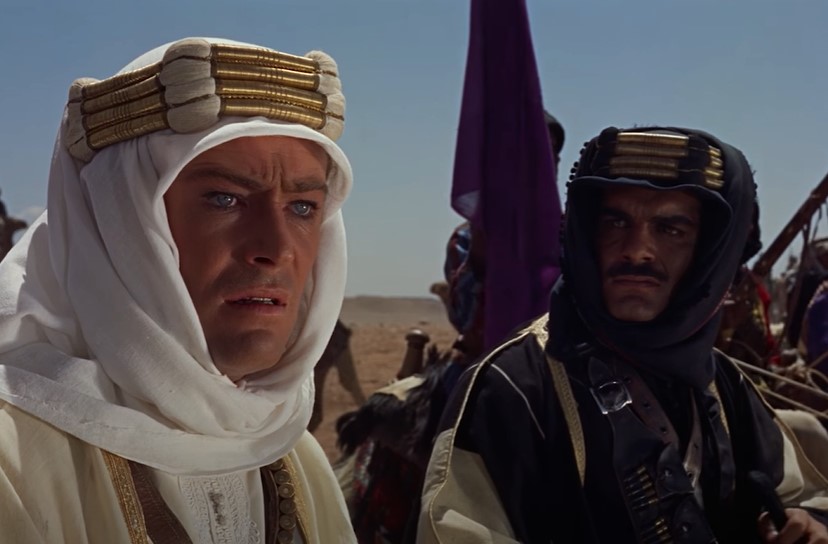 Columbia Pictures, Lawrence of Arabia (1962)
Columbia Pictures, Lawrence of Arabia (1962)
12. They Had Themselves A Real Good Time
Actors behaving badly is hardly breaking news, but Omar and Peter took their hellraising to new heights. While filming Lawrence of Arabia, they spent their breaks carousing in Beirut. Among their indulgences? Entire bathtubs filled with champagne. And despite the fact that Omar was still married to Faten, they chased girls in every nightclub in town.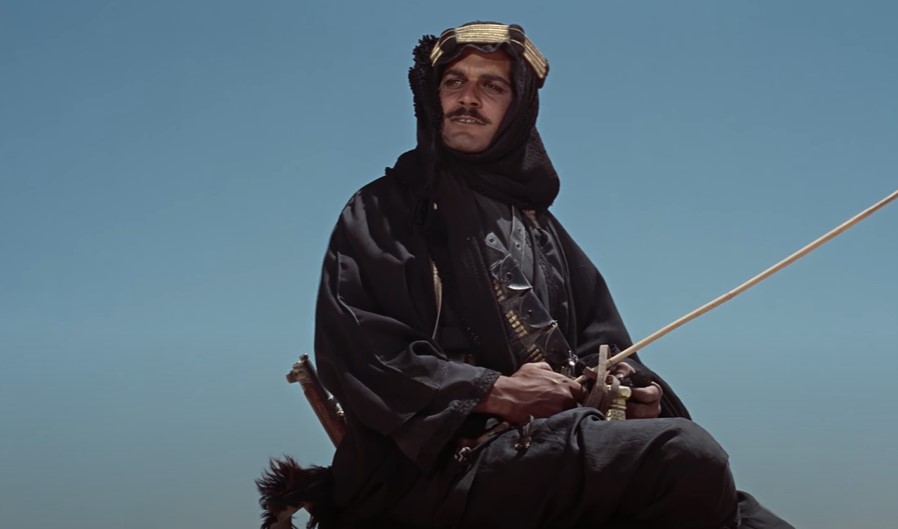 Columbia Pictures, Lawrence of Arabia (1962)
Columbia Pictures, Lawrence of Arabia (1962)
13. He Asked For Separation
Despite this, it wasn’t actually Faten who initiated their divorce, though she would have been well within her rights. Instead, Omar was the one who asked for a divorce, because he couldn’t resist all the free women around and he didn’t want to officially cheat on his wife. Somewhat noble…if you ignore the fact that he didn’t have the fortitude to stay faithful to the alleged love of his life.
But women weren’t the only vice that Omar indulged in while he was in Beirut.
14. He Gambled His Wages
Nothing says Hollywood indulgence like gambling away your wages—nine months worth of wages, in fact. Over the nine months, gambling this much money away would be bad enough, but Omar and Peter managed the feat in just a single night. Despite this, they did manage to complete the film, only to almost ruin its Hollywood premier.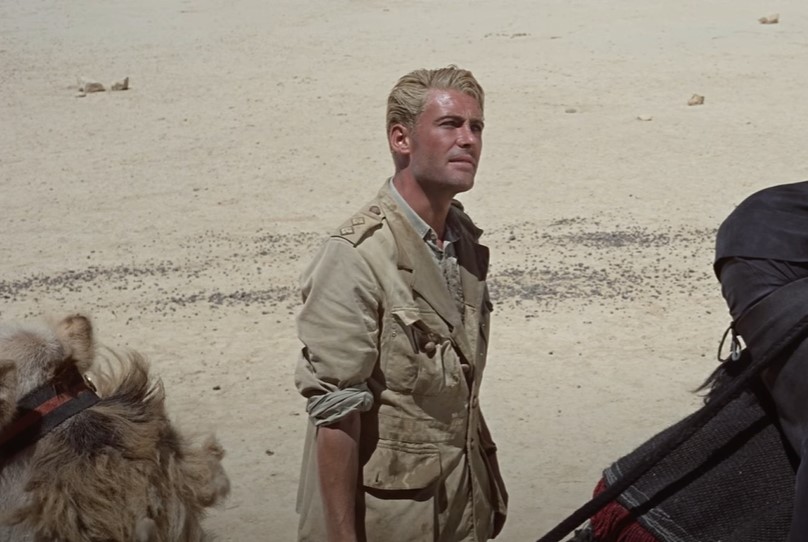 Columbia Pictures, Lawrence of Arabia (1962)
Columbia Pictures, Lawrence of Arabia (1962)
15. He Got Himself In Trouble
Nobody parties hard like comedians. Omar and Peter spent the night before Lawrence of Arabia’s Hollywood premier in the company of Lenny Bruce. Unfortunately, Lenny had some illegal substances on him, and both Omar and Peter found themselves taken in by the authorities along with him.
A premiere without two of its main actors could have been a disaster, but fortunately producer Sam Spiegel rode to the rescue with six lawyers—and no doubt some harsh words for his wayward stars.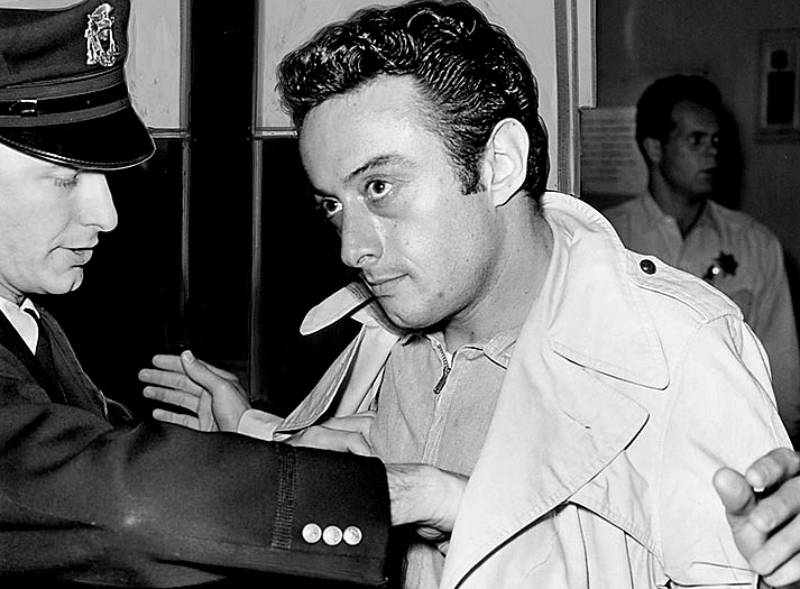 Examiner Press photo,Wikimedia Commons
Examiner Press photo,Wikimedia Commons
16. He Was A Womanizer
Despite his status as a heartthrob, Omar never stayed with the same woman for long after his divorce from Faten. But that didn’t stop him from sleeping with many of his female co-stars. One famous co-star, however, escaped his attention through an odd little habit, one that the Egyptian-born Omar couldn’t quite understand—and found offputting.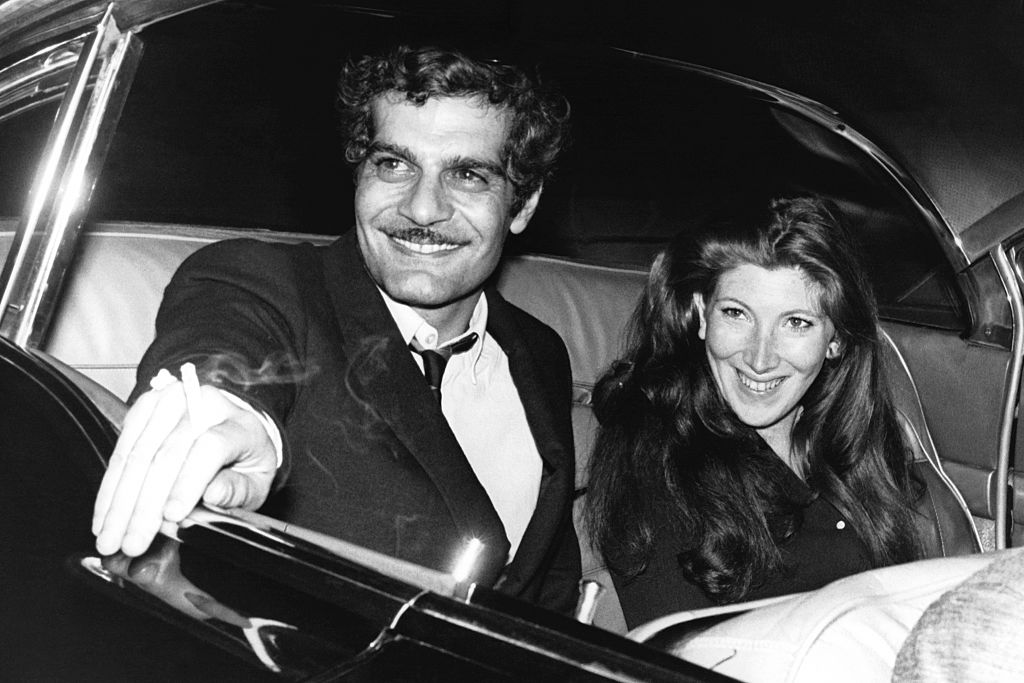 REPORTERS ASSOCIES, Getty Images
REPORTERS ASSOCIES, Getty Images
17. She Was The Sandwich Girl
Julie Christie may have been a British beauty, but to Omar she was just the Sandwich Girl. During the filming of another box-office smash, Doctor Zhivago, Julie often pulled out fried egg sandwiches between takes. According to Omar’s grandson, not only did Egypt not have the concept of sandwiches—confusing Omar—but these fried egg sandwiches gave Julie "sandwich breath". This wasn't exactly a turn-on for Omar, who had to kiss her.
But just because Julie missed out, doesn’t mean other actresses didn’t fall for his charms.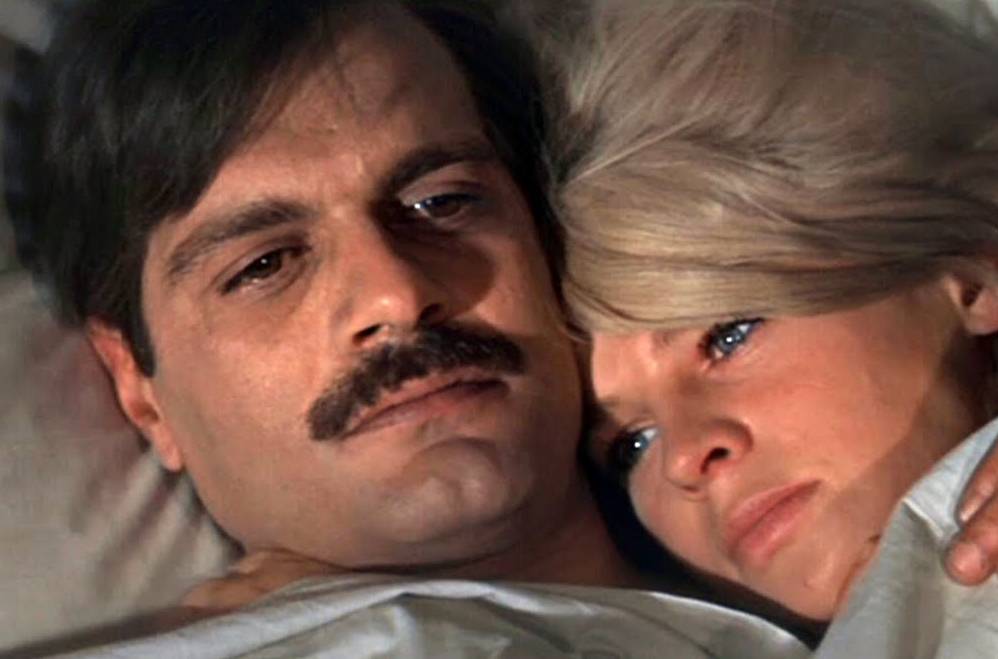 Trailer screenshot (Freddie Young), Wikimedia Commons
Trailer screenshot (Freddie Young), Wikimedia Commons
18. He Couldn’t Have Been In Love
She wasn’t the lover that caused a global stir—more on that in a minute—but his brief affair with Catherine Deneuve brought Omar a realization about his love life. His relationships after Faten might have been intense, but they were short-lived. Musing on them afterwards, he knew he couldn’t have been in love because it didn’t hurt when the relationships ended. But one affair brought protests from the public and from governments.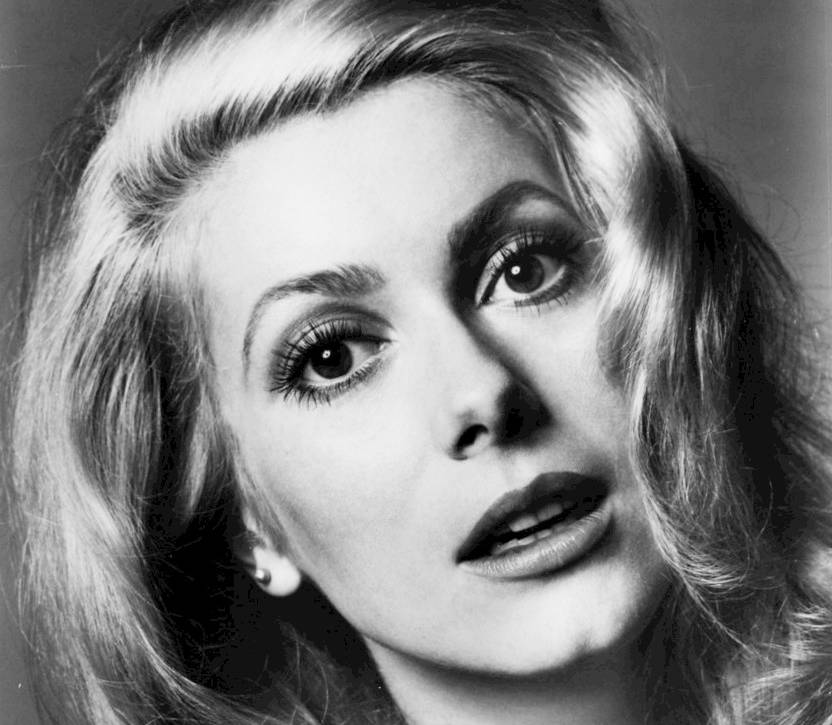 National General Pictures-from John Butkovich in their Chicago office., Wikimedia Commons
National General Pictures-from John Butkovich in their Chicago office., Wikimedia Commons
19. They Kissed During A War
Their relationship didn’t cause a war, but it sure didn’t help. In June of 1967, Israel and Egypt clashed for six days. Also in 1967: the film, Funny Girl starring Jewish Barbra Streisand and Omar as her love interest. Which probably would have been okay, if the marketing team hadn’t released a publicity still of them kissing right in the middle of the conflict. The Egyptian government certainly had something to say about it.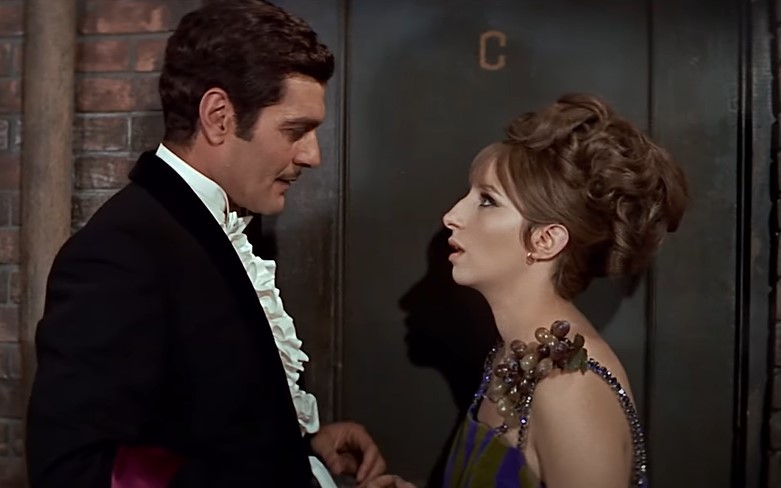 Columbia Pictures, Funny Girl (1968)
Columbia Pictures, Funny Girl (1968)
20. Egypt Banned The Film
Having your parents disappointed in you is one thing, but Omar had his home country’s entire government disappointed in him. He could have dropped out and regained his good standing, but he chose to stay in the film. So the Egyptian government called Sharif out in the media, and then banned Funny Girl from playing in Egyptian cinemas. And Omar’s relationship with Barbra Streisand? It fizzled out as soon as they finished filming.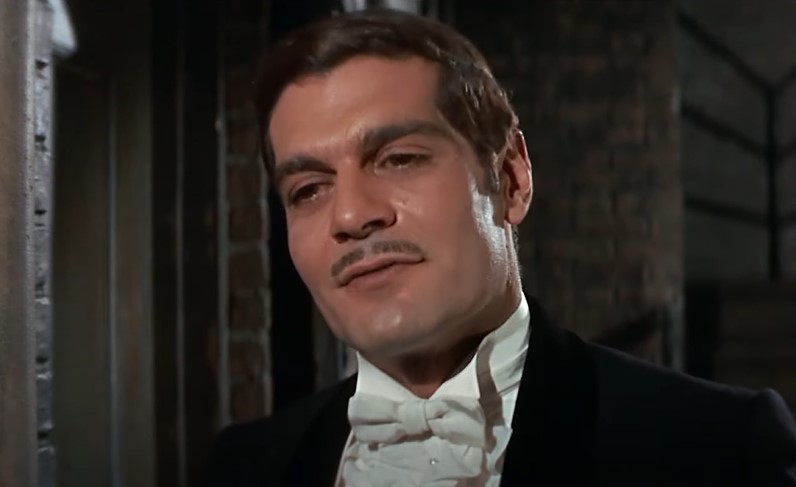 Columbia Pictures, Funny Girl (1968)
Columbia Pictures, Funny Girl (1968)
21. His Star Began To Fall
Hollywood is a fickle place; you might be a star one day and an extra the next. After the heights of Doctor Zhivago, Omar found it a struggle to find good acting roles. He attributed it to a change in culture as the 1960s ended; American filmmakers were focusing on their own communities and were no longer hiring "foreigners".
He described later roles as "rubbish" and soon fell back into old vices.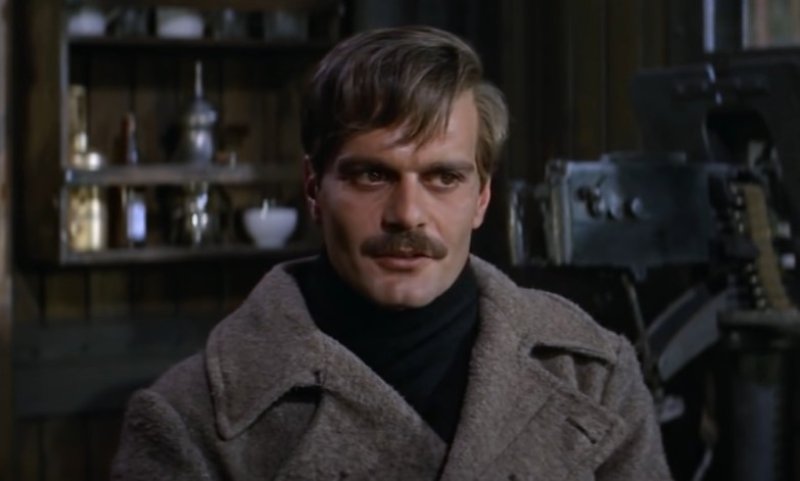 MGM, Doctor Zhivago (1965)
MGM, Doctor Zhivago (1965)
22. He Learned Bridge From A Book
Poker might get all the press, but bridge can lead a player into just as much trouble. Though his mother played cards with the king, Omar didn’t learn bridge until he was 22 and bored on a movie set. He found a book on bridge and idly read it, and from that was born a love for the game, bringing him a different—and more dangerous—kind of fame.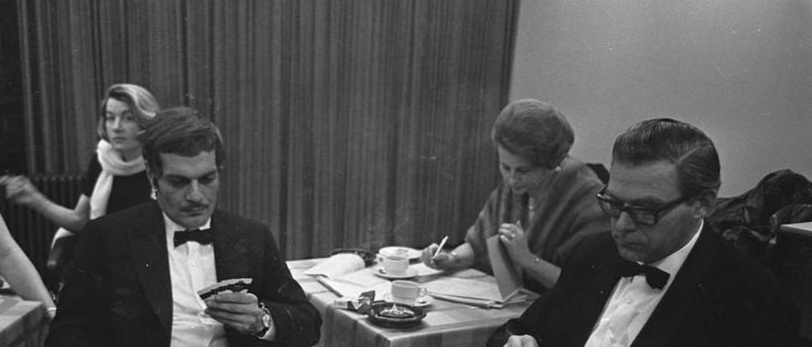 National Archives, Picryl
National Archives, Picryl
23. He Became A World-Class Player
He came to the game later in life, but that didn’t stop Omar Sharif from becoming—briefly—one of the top 50 bridge players in the world. He wrote books and a syndicated column, played contract bridge in front of the Shah of Iran—and gambled away millions throughout his life. And still he couldn’t stop. The consequences were shocking.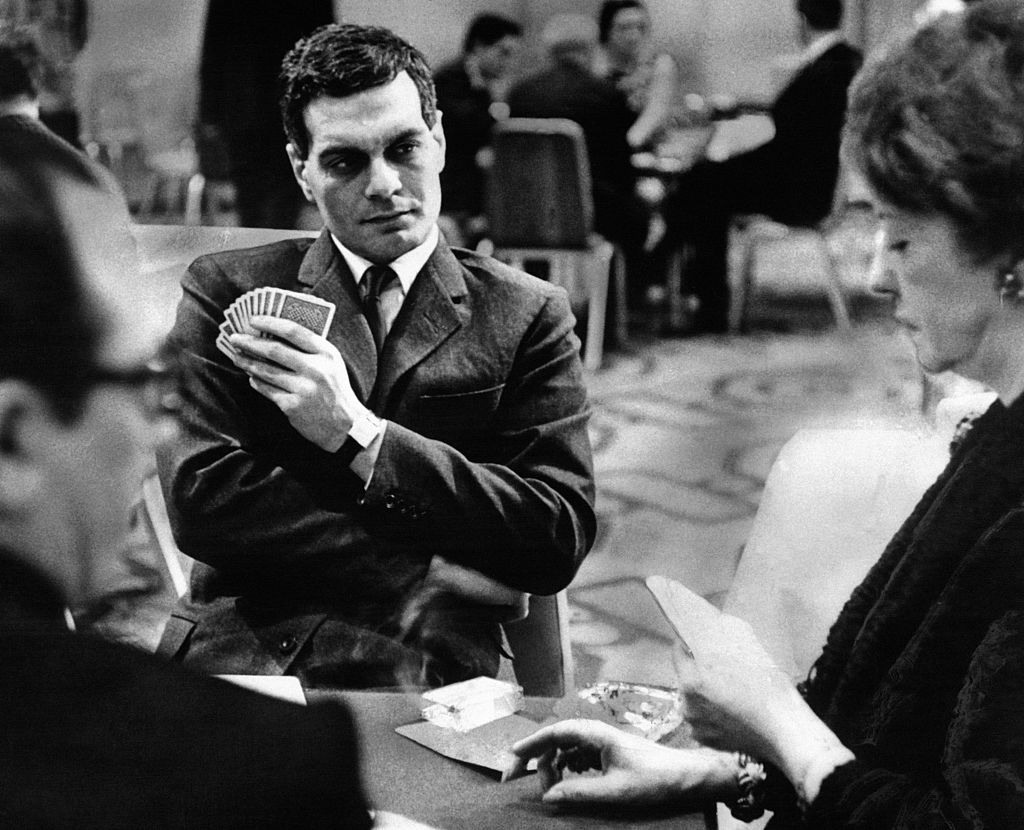 Keystone-France, Getty Images
Keystone-France, Getty Images
24. He Lost His Home
An apartment in Paris seems like a dream to most people. For Omar, it was something else to gamble—and he lost it one night in the 1970s. His gambling at casinos like the Trocadero meant he needed to sell the apartment to pay off his mounting debts. Between the gambling and his passion for horse races, he began hemorrhaging money.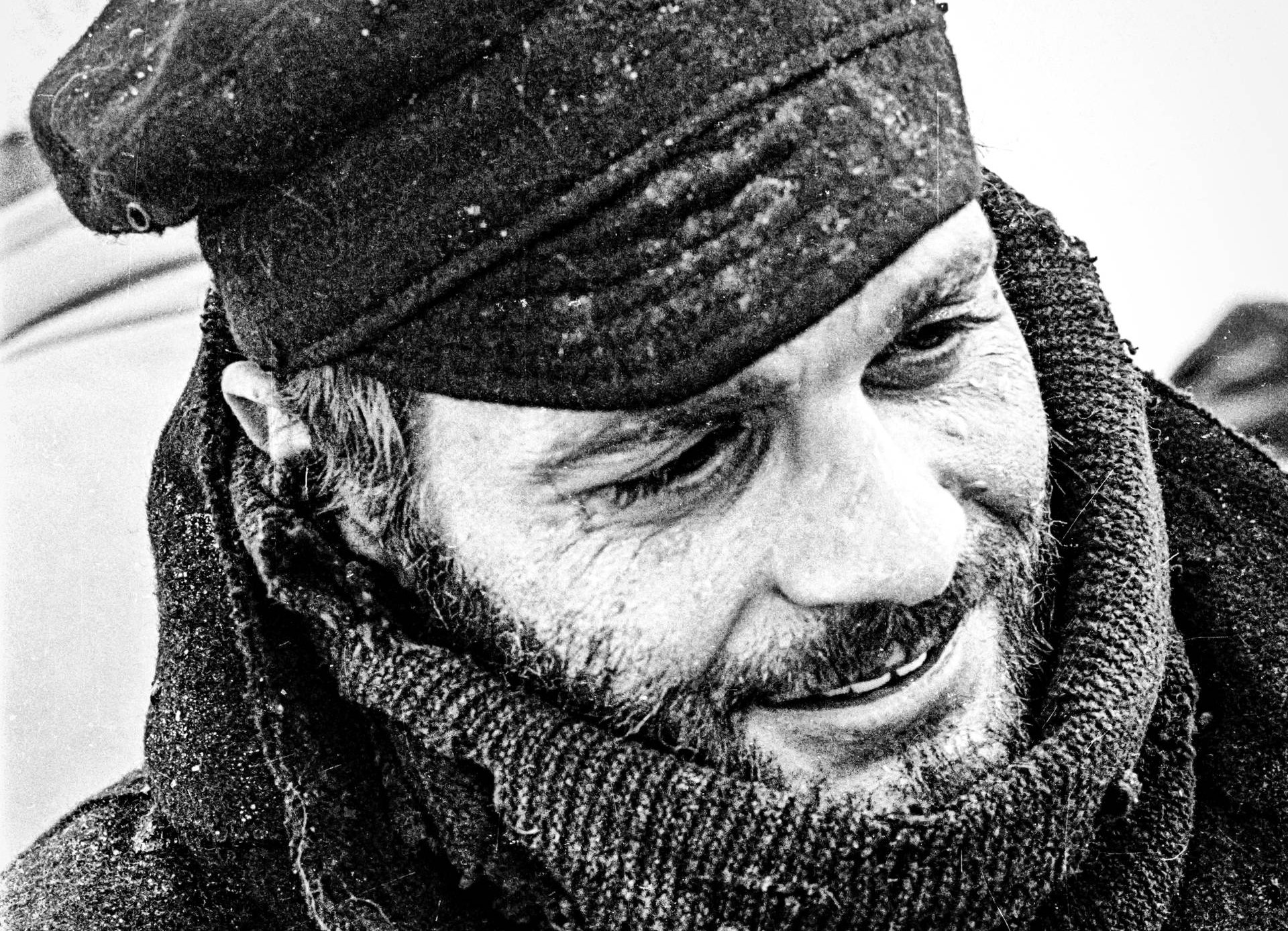 Jaakko Julkunen / Karjalainen, Wikimedia Commons
Jaakko Julkunen / Karjalainen, Wikimedia Commons
25. His Losses Were Unbelievable
The Barenaked Ladies might buy expensive Dijon ketchup with a million dollars, but Omar Sharif didn’t think quite so small. At the height of his gambling addiction, he often lost up to £750,000…a night. Desperate for money, he turned back to his acting career, but while not quite a has-been, he wasn’t landing many good roles.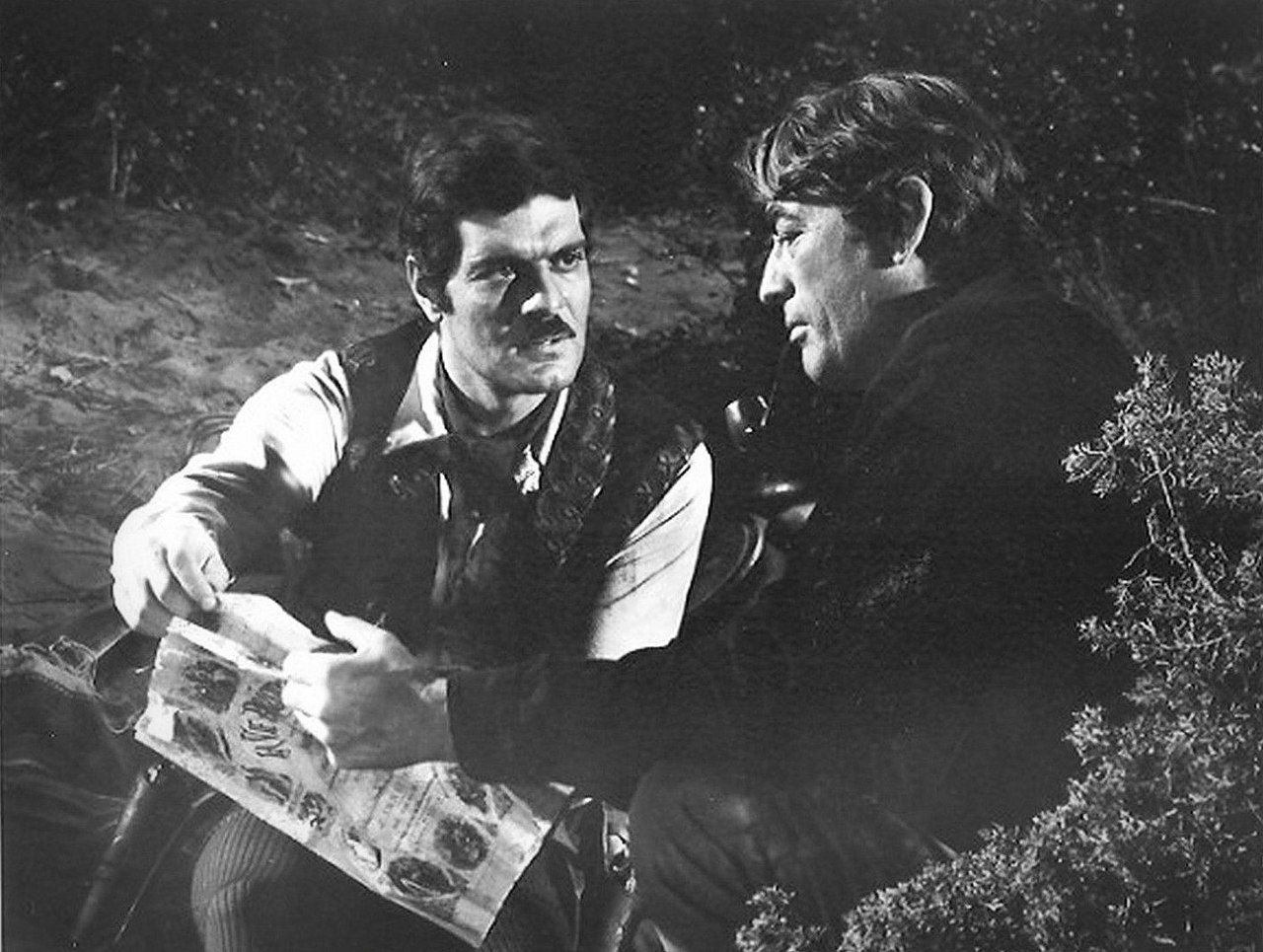 Columbia Pictures, Wikimedia Commons
Columbia Pictures, Wikimedia Commons
26. His Grandchildren Expressed Disappointment In Him
A man can be rich in dignity or rich in wealth, and Omar Sharif had neither. In the later years of his career, he took any role he could get to pay off his debts from gambling. As he told a reporter in 2004, even his grandkids made fun of him for his role choices. Nothing like the love of family to kick you when you’re down.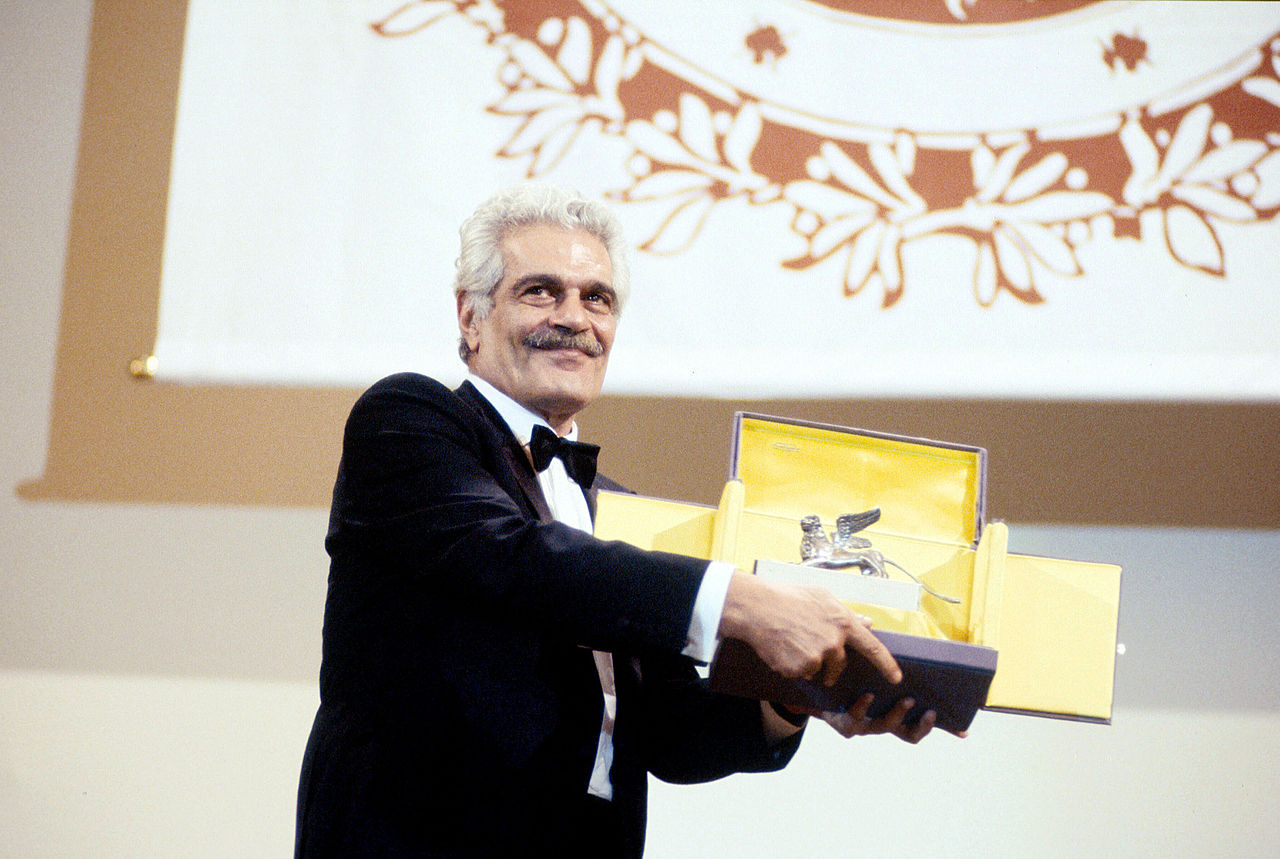 Gorup de Besanez, CC BY-SA 3.0 , Wikimedia Commons
Gorup de Besanez, CC BY-SA 3.0 , Wikimedia Commons
27. His Health Began To Fail
With gambling often comes drinking and substances use, and Omar was no exception. He not only drank heavily during his adventures—he went through 50 or more smokes per day. These bad habits eventually caught up to him in a terrible way, and when he went to Dr Magdi Yacoub in 1993 for an exam, Yacoub immediately rushed him in for a heart bypass.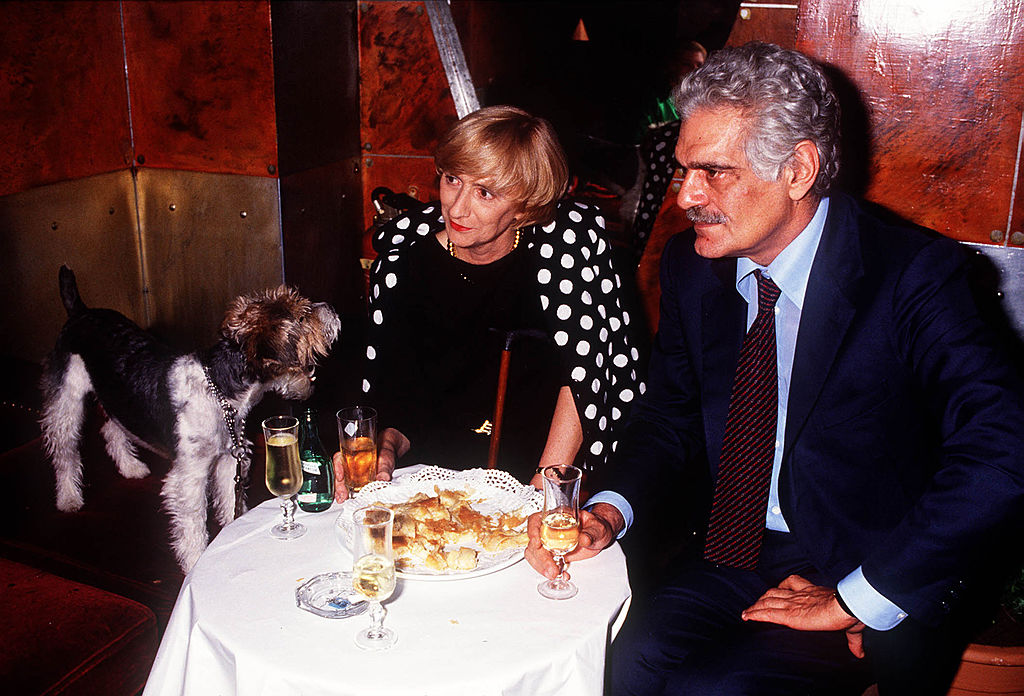 Michel Dufour, Getty Images
Michel Dufour, Getty Images
28. He Needed To Make A Change
Lying on a hospital gurney, waiting for attendants to wheel you in for major surgery, is a good time to decide to make a change in your lifestyle. Omar realized he was in his 60s and his years spent carousing around Paris had taken a toll. Sadly, though he managed to give his lungs a rest, he couldn’t stop drinking. His heart problems plagued him until he passed.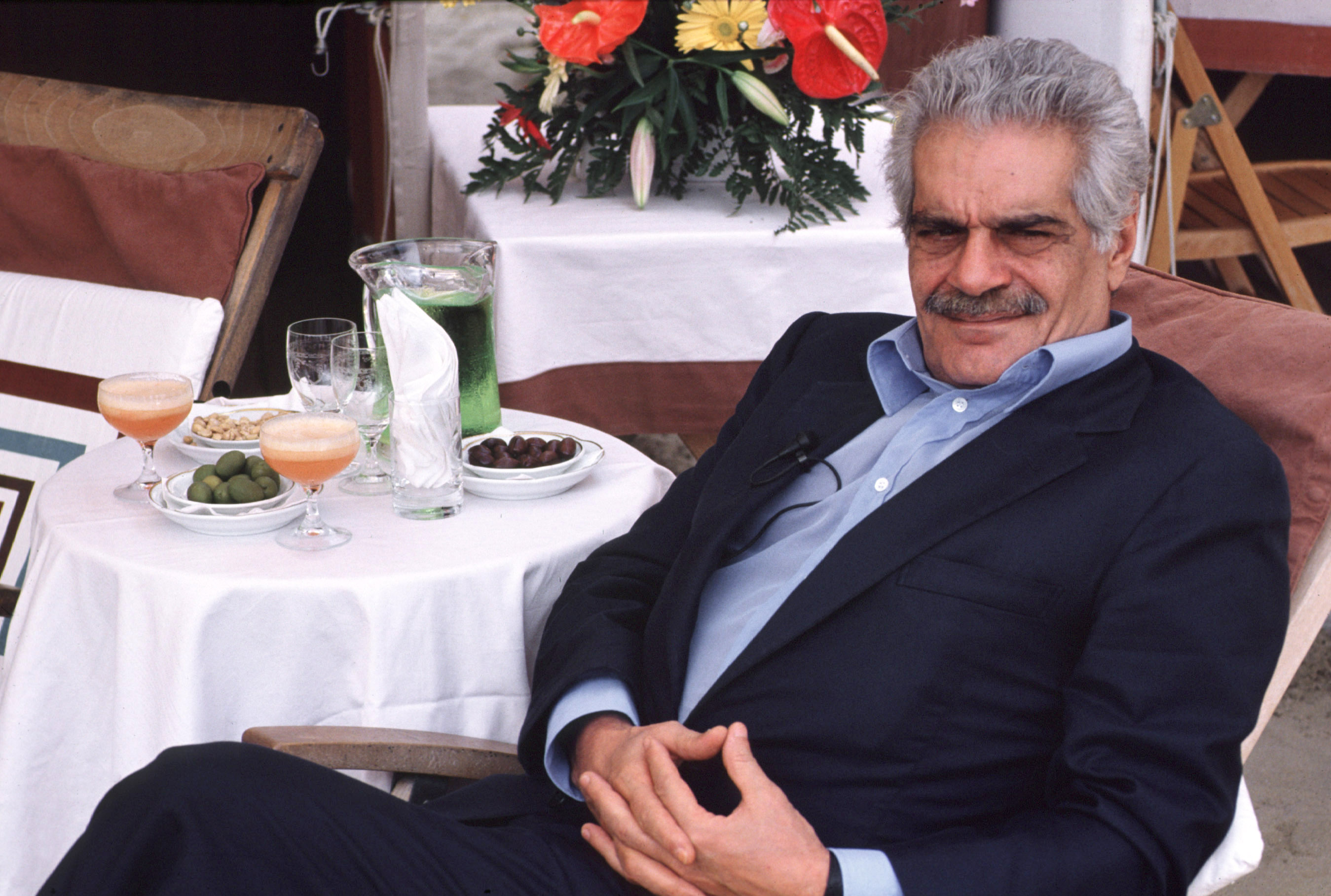 Gorup de Besanez, CC BY-SA 3.0 ,Wikimedia Commons
Gorup de Besanez, CC BY-SA 3.0 ,Wikimedia Commons
29. He Was Going To Do What He Wanted
The rich and famous usually do whatever they want regardless, but Omar could sense time pressing in on him. As he aged, he worried that he could pass at any time. So why not do the things that made him happy, regardless of what other people might think? Too bad what made him happy seemed to be getting into trouble with the authorities.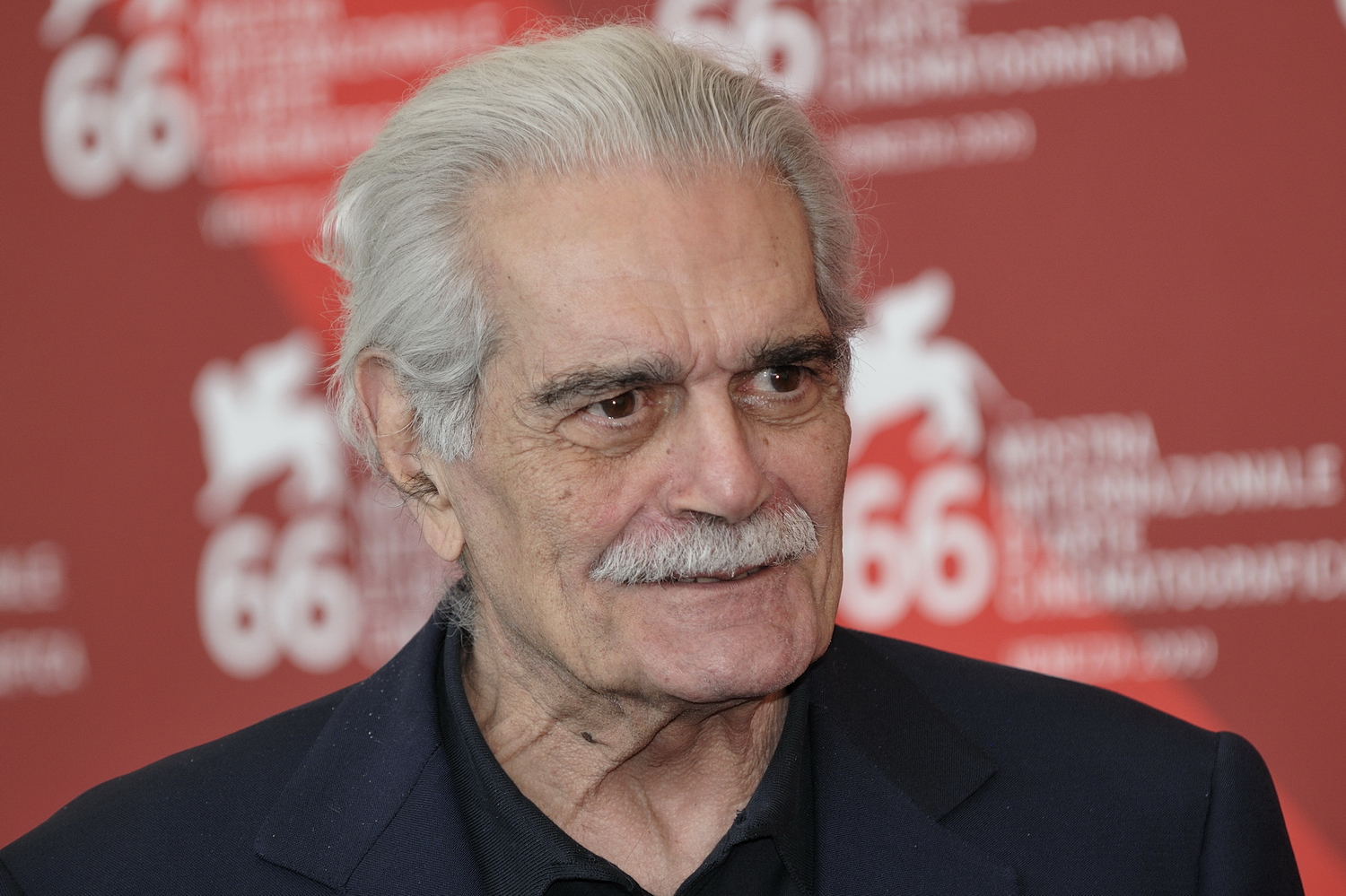 nicolas genin from Paris, France, CC BY-SA 2.0 , Wikimedia Commons
nicolas genin from Paris, France, CC BY-SA 2.0 , Wikimedia Commons
30. He Still Gambled
Despite claiming to have given up gambling around 2000, Omar often showed up at the Enghien-les-Bains casino, and that’s where he was in 2003. His game of choice was roulette, not bridge, but he was still losing: to the tune of €30,000. That’s enough to make anyone angry, but Omar took it too far.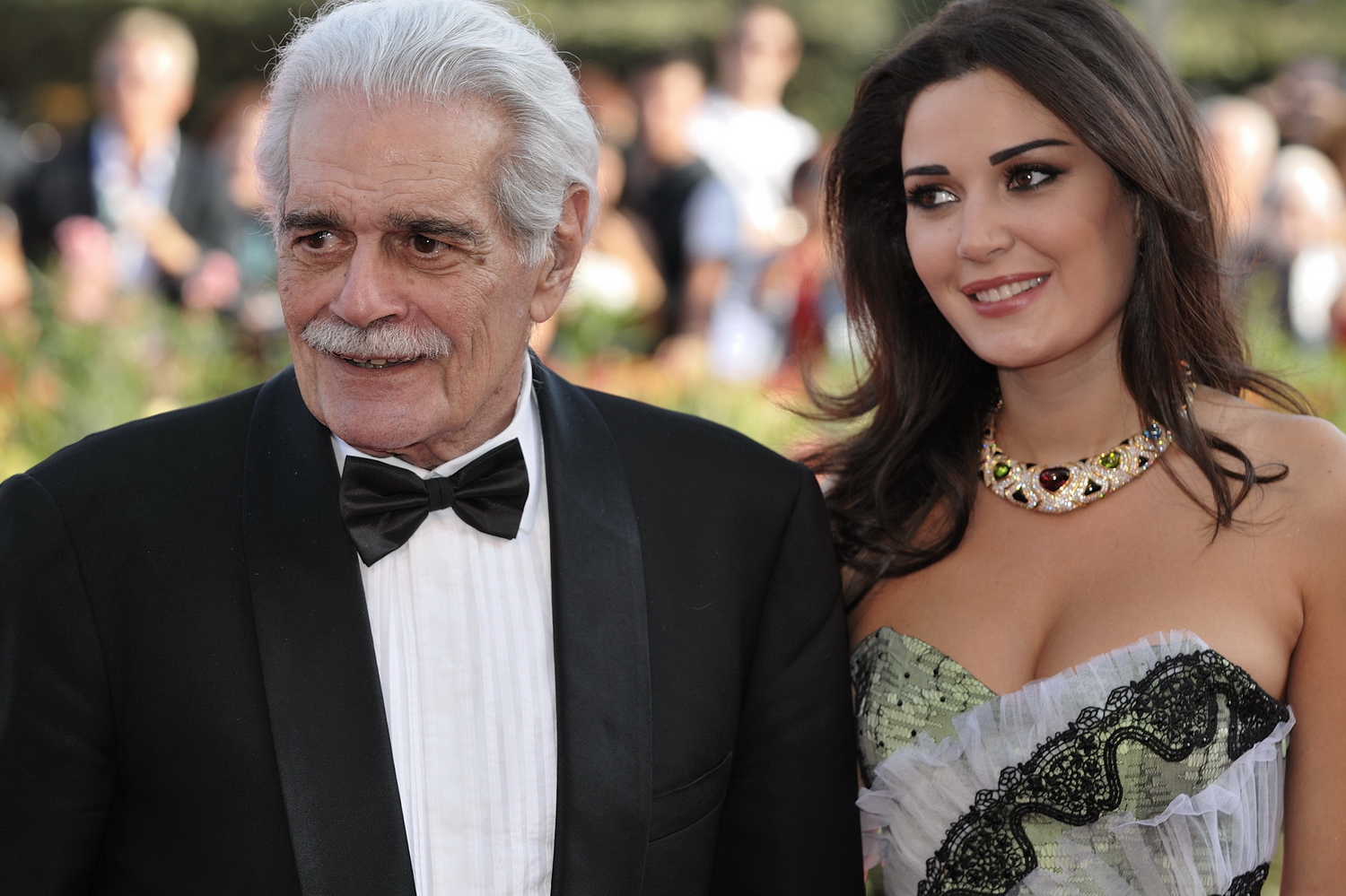 nicolas genin from Paris, France, CC BY-SA 2.0 , Wikimedia Commons
nicolas genin from Paris, France, CC BY-SA 2.0 , Wikimedia Commons
31. He Really Used His Head
Omar Sharif was often described as mercurial, but this out of control temper frightened the croupier running the game, causing him to call for the authorities. For most people, that would be a wake-up call to relax. But Omar wasn’t most people. Instead he swore at the officer—and headbutted him.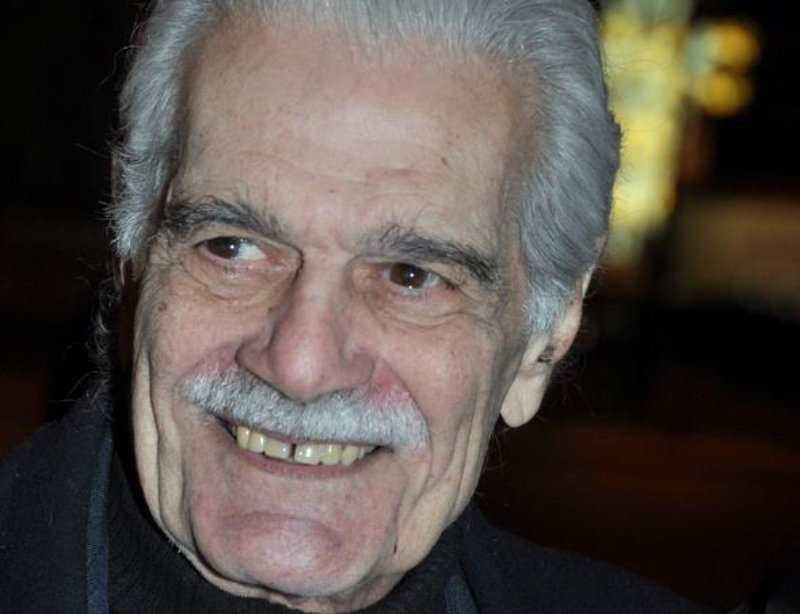 Georges Biard, CC BY-SA 3.0 , Wikimedia Commons
Georges Biard, CC BY-SA 3.0 , Wikimedia Commons
32. He Claimed He Had No Memory
Memory loss is a convenient excuse—but cameras don’t lie. Though Omar told a court he couldn’t remember the incident, the casino's camera caught his actions in stark black and white. As a result, he lost yet more money to fines: to the tune of €1500 to the court and €300 to the officer he’d headbutted.
That should’ve been the end of it, but Omar needed to have the last word. David Morris from Hull, England, CC BY-SA 2.0 , Wikimedia Commons
David Morris from Hull, England, CC BY-SA 2.0 , Wikimedia Commons
33. He Said It Was A Dream
Doing whatever he wanted included mouthing off to the press. Far from being remorseful, Omar told the press that his actions made him the hero of all of France. After all, he stated, it was "the dream of every Frenchman" to headbutt an officer of the law. The French authorities might have disagreed.
Safe to say, Omar didn’t learn from the experience, as his temper soon got the better of him again.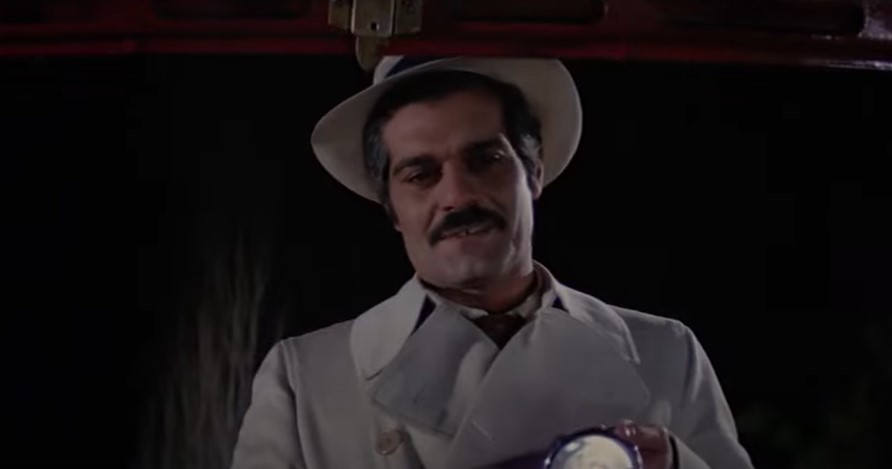 Columbia Films, The Burglars (1971)
Columbia Films, The Burglars (1971)
34. He Became Enraged
Omar Sharif was no stranger to heavy drinking, but that didn’t mean he knew how to control himself when he’d been indulging. At a steakhouse in Los Angeles, he tried to pay a valet with a 20-euro note, and had a meltdown when the valet refused it. He’d been drinking heavily during dinner, but that didn’t excuse his next actions. BrianLiao, CC BY 2.0 , Wikimedia Commons
BrianLiao, CC BY 2.0 , Wikimedia Commons
35. He Used His Fists
Most of us learn to use our words, not our hands, when we’re children. Omar used both, first calling the Guatemalan-born valet a "stupid Mexican" and second by punching him in the nose, breaking it. Already back in Egypt when the case went to trial, Omar pleaded no contest rather than fly back to Los Angeles to defend himself.
Did this second conviction teach him a lesson? Not really. Stubbornsoloom, CC BY-SA 4.0 , Wikimedia Commons
Stubbornsoloom, CC BY-SA 4.0 , Wikimedia Commons
36. He Enforced The Queue
Omar got a little handsy once again at a film festival in Qatar in 2011. When a woman cut the line to get a photograph with him, he yelled at her to wait—and then slapped her across the face. Shockingly, she didn’t leave or call the authorities; she just got back in line and took a photo with him. That’s one way to have a story to tell your friends later.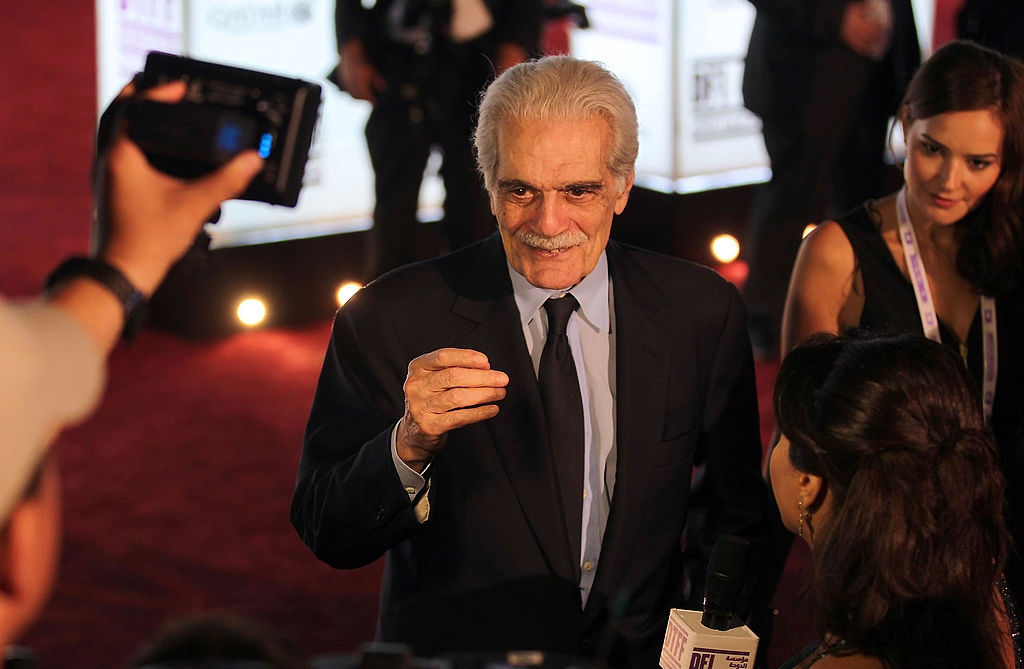 KARIM SAHIB, Getty Images
KARIM SAHIB, Getty Images
37. His Life Became A Lonely Cycle
Bad movies, violence, and loneliness: that was Omar’s life in his later years. He even told an Australian newspaper that making terrible movies depressed him. As a result, he didn’t put much effort into actually turning in a good performance, which of course only made the movies worse.
He always seemed to turn back to gambling in order to cheer himself up, and he had no one around to stop him.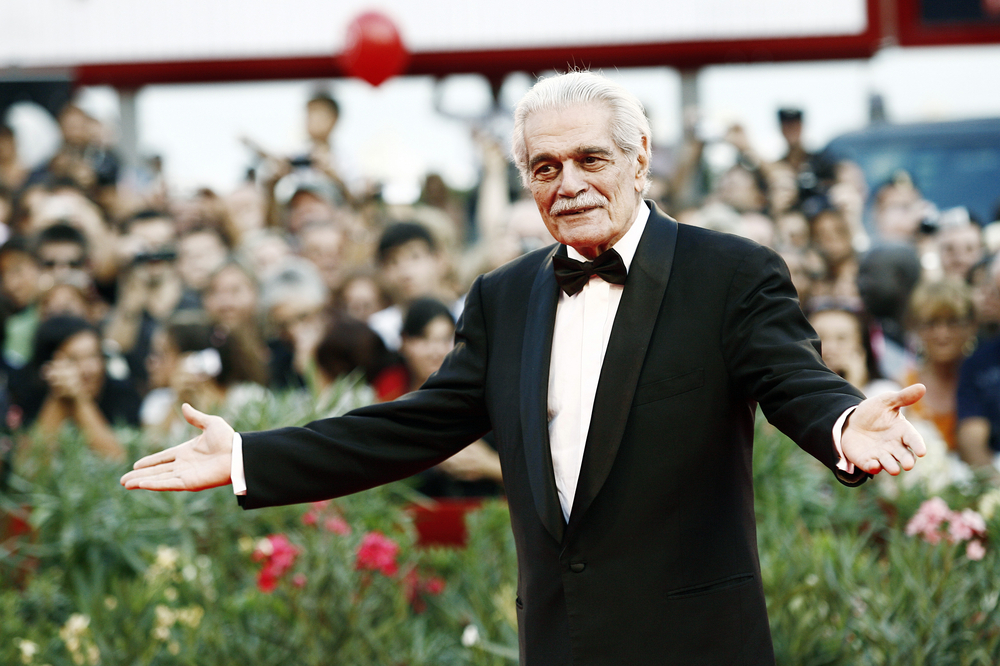 Andrea Raffin, Shutterstock
Andrea Raffin, Shutterstock
38. He Never Remarried
Beautiful women surrounded him, but Omar never remarried after the end of his relationship with Faten Hamama. He claimed his mother was the only woman he needed in his life—she still picked out clothes for him, even in his later years—but after she passed, he had no girlfriend or lover to lean on. Perhaps this was for the best, given the son he was never actually there for.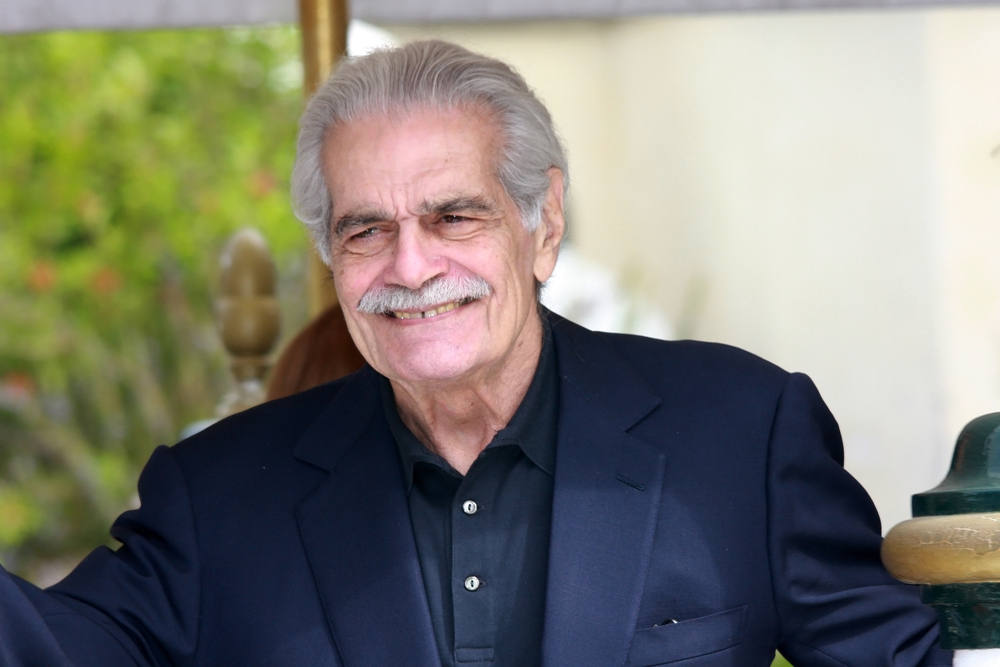 Matteo Chinellato, Shutterstock
Matteo Chinellato, Shutterstock
39. He Had An Illegitimate Son
A Hollywood love child—not the first and won’t be the last. Omar acknowledged his son with Faten Hamama, Tarek, but barely talked about his second son. In fact, though he never denied the boy’s existence, he stated outright that he wouldn’t—couldn’t—be a father to him. The reason behind it is both a sad and selfish one.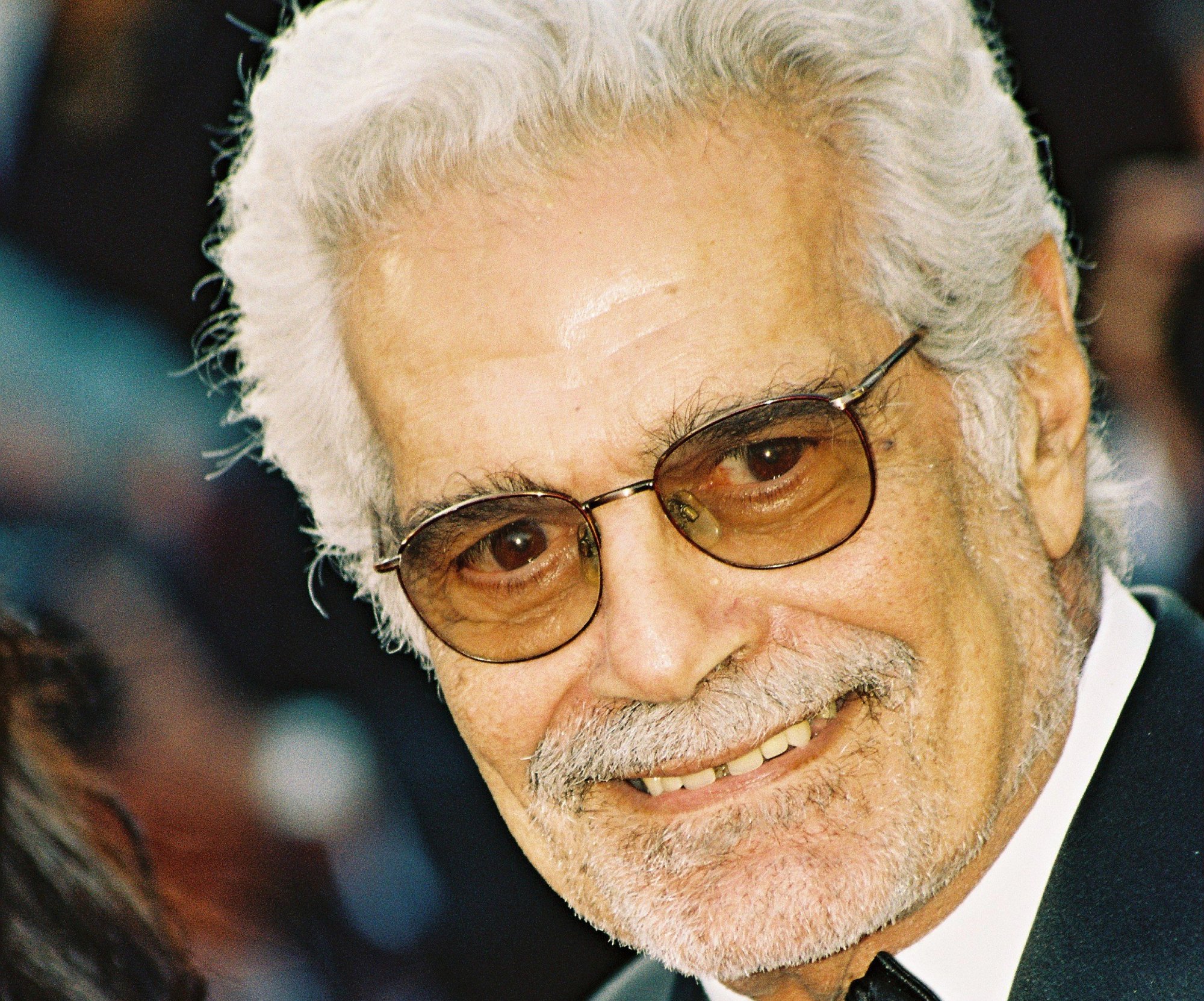 Denis Makarenko, Shutterstock
Denis Makarenko, Shutterstock
40. He Wasn’t In Love
Most newspapers sent female reporters to interview Omar, playing to his natural inclination to be charming to women. One such interview had unexpected consequences. Though Omar claimed his encounter with the Italian journalist lasted "minutes," that was enough to produce a son named Reuben. But Omar refused to be a father to Reuben—because he didn’t love Reuben’s mother. No wonder he lived in solitude for the rest of his life.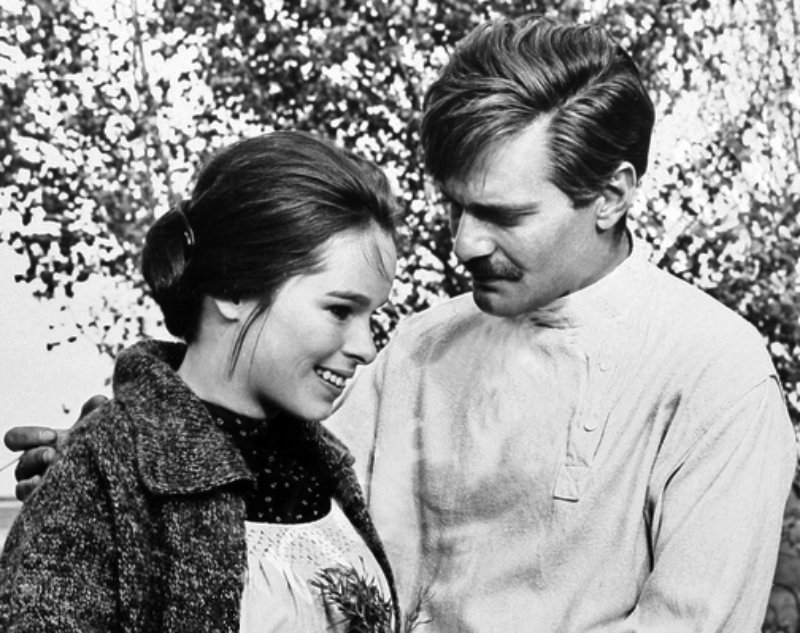 Culver Pictures, Wikimedia Commons
Culver Pictures, Wikimedia Commons
41. He Lived In Hotels
It seems both a luxurious and lonely life, living in hotels. At first, Omar lived this way out of necessity; he traveled a lot while filming and would spend a few months in a hotel near the set. As he got older, and lost money, he ended up living in a Paris hotel that gave him a free room. His life narrowed down to sleeping, bathing, walking—and sitting around doing nothing. But it gets even sadder. Yann Caradec from Paris, France, CC BY-SA 2.0 , Wikimedia Commons
Yann Caradec from Paris, France, CC BY-SA 2.0 , Wikimedia Commons
42. He Wanted A Friend
Everyone’s your friend when you’re rich and famous, but where do they go when you’re not? Omar quickly learned that he had no real friends left as his Hollywood fame faded. He still owned racehorses, but he had no one to go to the hippodrome with to watch them race. His only real interaction was playing bridge with old women in Deauville, France. And he couldn’t remember much about his previous friends anyway.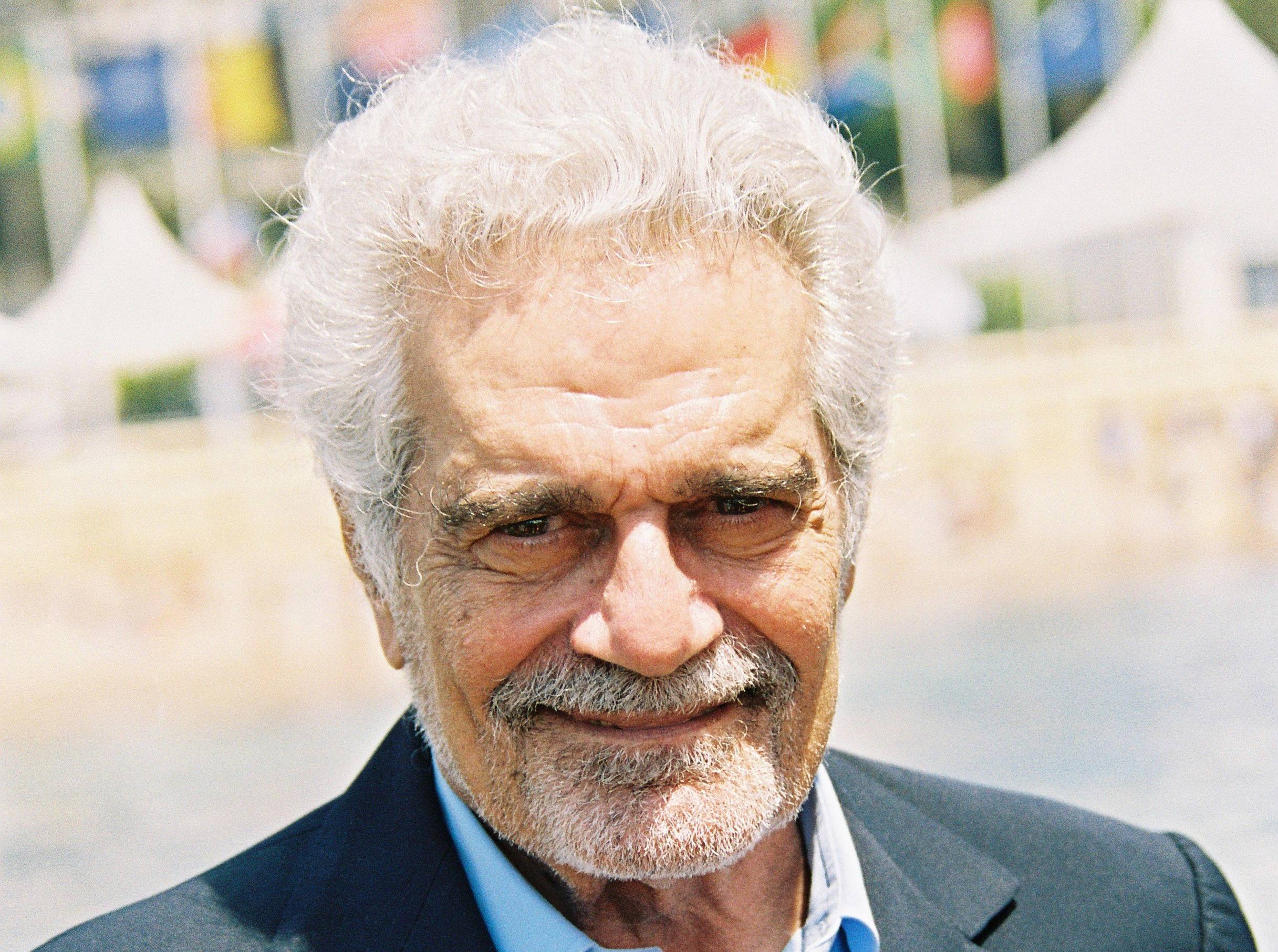 Denis Makarenko, Shutterstock
Denis Makarenko, Shutterstock
43. He Began Losing His Memory
Losing memories as you age is a sad fact of life, and Omar Sharif was no exception. But it was a little more in his case, as much as he tried to deny it. When pressed, he even tried to make the memory loss sound positive, because it meant he focused fully on living life in the present. Rumors circulated that he’d quit acting because he could no longer remember his lines. 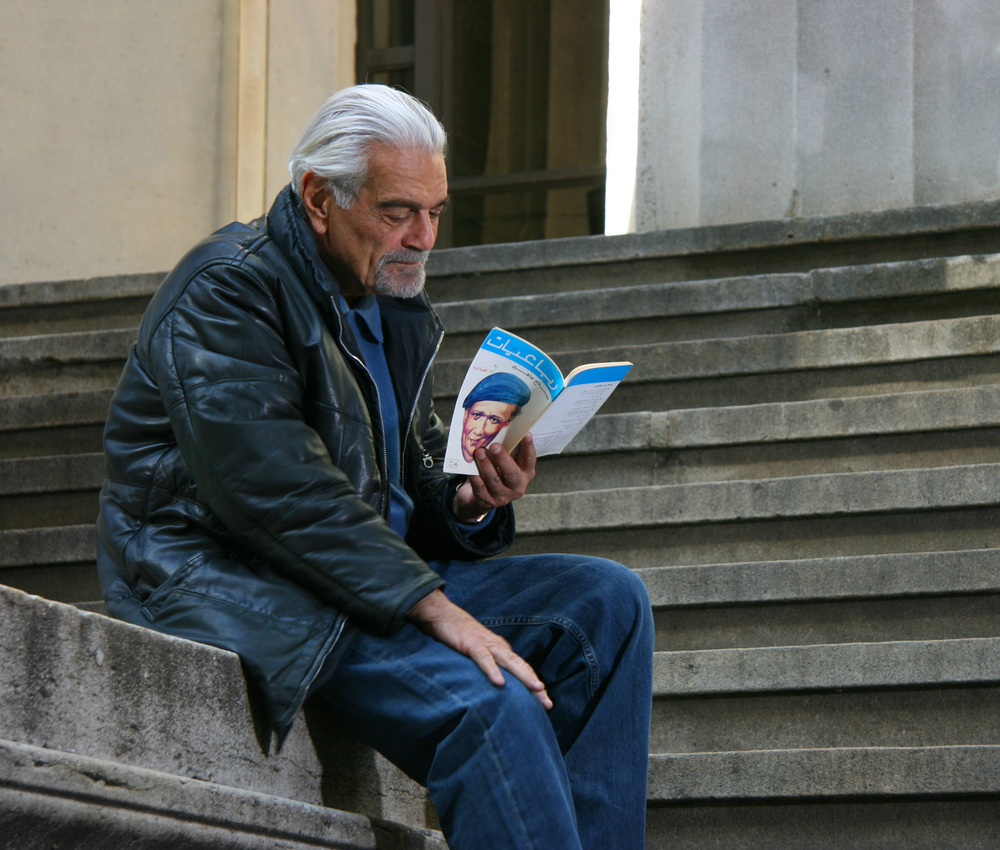 Mario Savoia, Shutterstock
Mario Savoia, Shutterstock
44. He Forgot Names And Faces
We’ve all had occasional moments of "hey…you," where you simply cannot remember someone’s name. But Omar began to forget not only names, but faces and the movies he’d done. He mixed up his most famous movies, and couldn’t remember where he’d filmed them. And while he knew he was a famous actor, he didn’t always understand why fans approached him.
Omar’s refusal to accept the memory loss and visit a doctor had drastic consequences for his final years.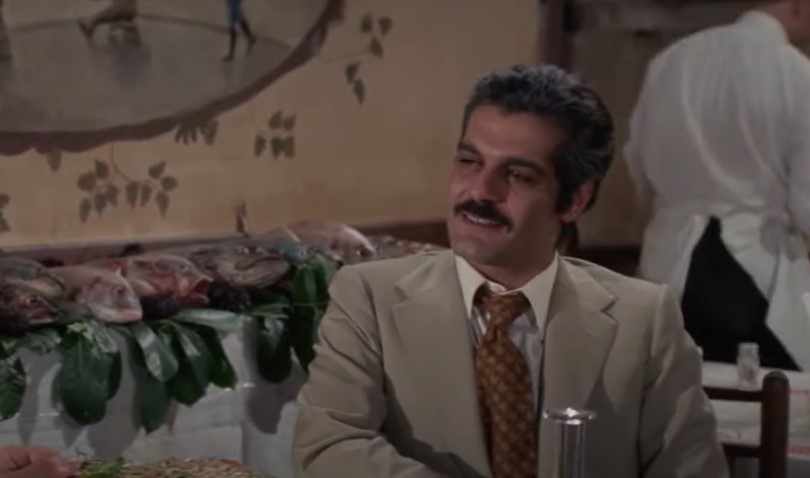 Columbia Films, The Burglars (1971)
Columbia Films, The Burglars (1971)
45. His Son Suspected Something Was Wrong
Is there anything more stubborn than an ornery old man? Though Tarek suspected that Omar was suffering from Alzheimer’s, the official diagnosis didn’t come until 2015. As a result, Omar hadn’t been seeing a doctor about it, taking medication, or doing mental exercises to help slow the disease’s progress.
Eventually Omar could no longer hide the dementia and his son revealed it to the world in an interview with a Spanish newspaper.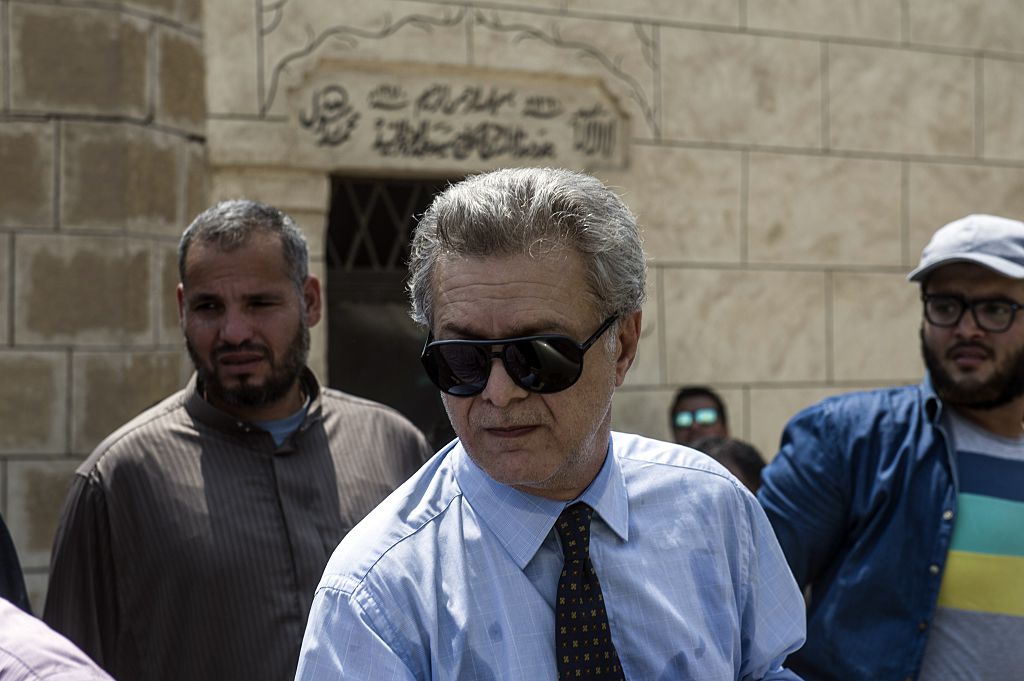 KHALED DESOUKI, Getty Images
KHALED DESOUKI, Getty Images
46. He Forgot His Ex-Wife Passed
She may have been the great love of his life, but he didn’t even attend her funeral. Faten Hamama passed in January 2015 and Tarek was the one who broke the news to his father. The news devastated Omar when he first heard it, but then only a few days later, he asked Tarek how Faten was doing.
It was a sad state of affairs for the man who was so influential in bridging the divide between the Arab world and the West.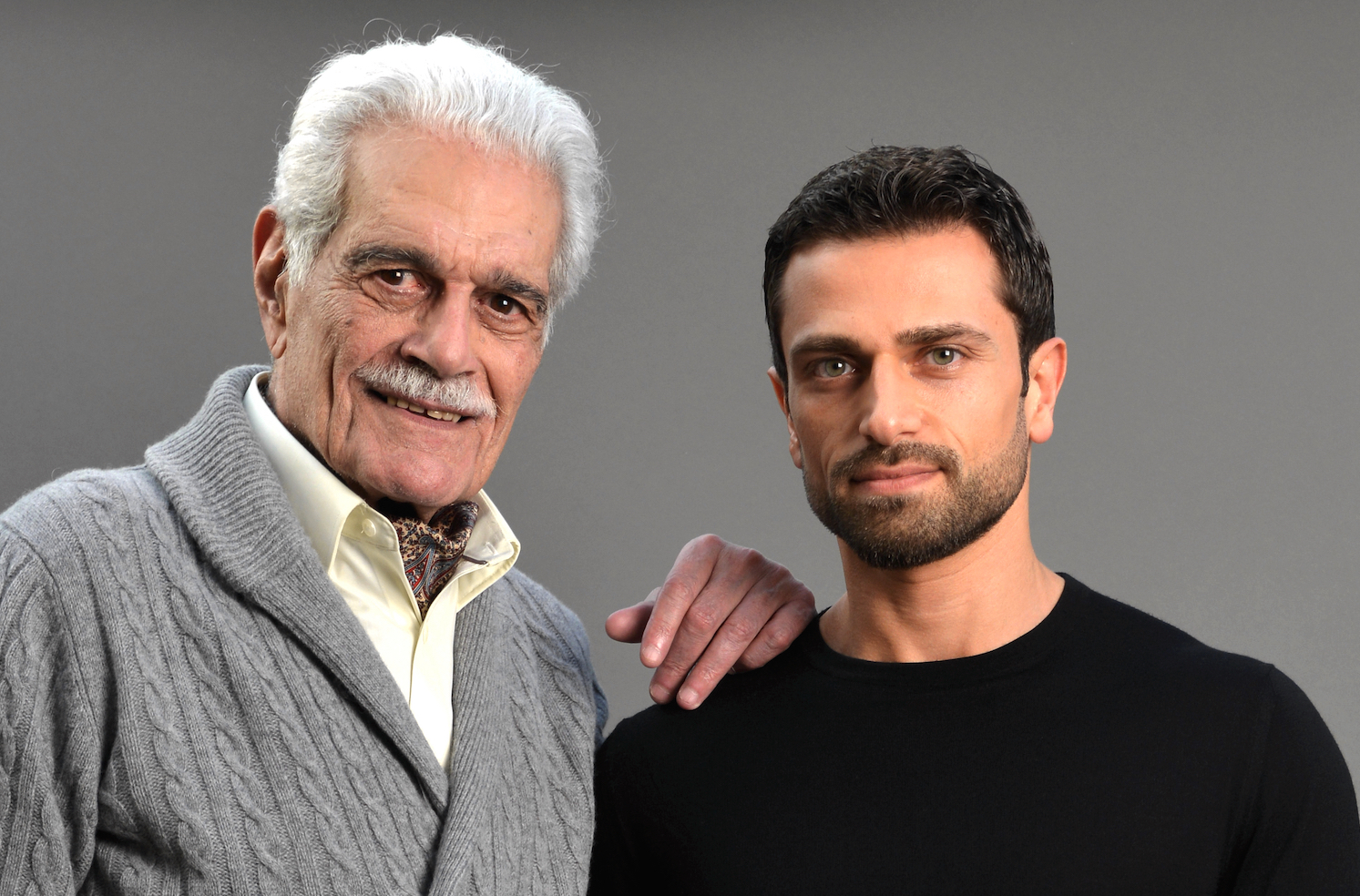 Drhbc, CC BY-SA 4.0 , Wikimedia Commons
Drhbc, CC BY-SA 4.0 , Wikimedia Commons
47. He Supported The Revolution
Though he spent a majority of his life elsewhere, Omar still considered Egypt his home. When the 2011 Egyptian Youth Revolution happened, he supported the efforts to depose President Hosni Mubarak. He noted that Mubarak had been in power for three decades and hadn’t improved the lives of the Egyptian people, so they wanted Mubarak gone.
By then he'd returned to Cairo, perhaps searching for an end to his ongoing loneliness and boredom.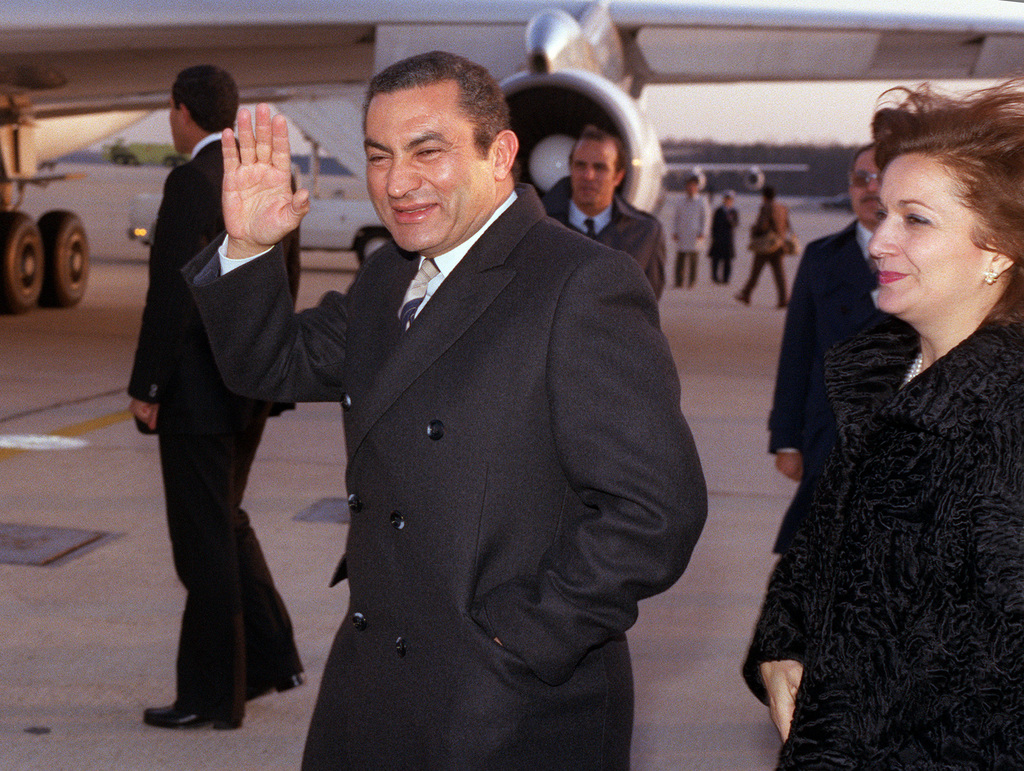 The U.S. National Archives, Picryl
The U.S. National Archives, Picryl
48. He Had No Regrets
Even today, celebrities speak about how their work can take them away from home and family—and at least now we have FaceTime. Acting—and being the charismatic Arab lover of more than a few women—gave him glory, but it also made him lonely, taking him away from his home and his people.
But given the choice, even knowing how his life turned out, Omar Sharif had no regrets and would do it all the same. And even in his later years, it wasn’t all bad.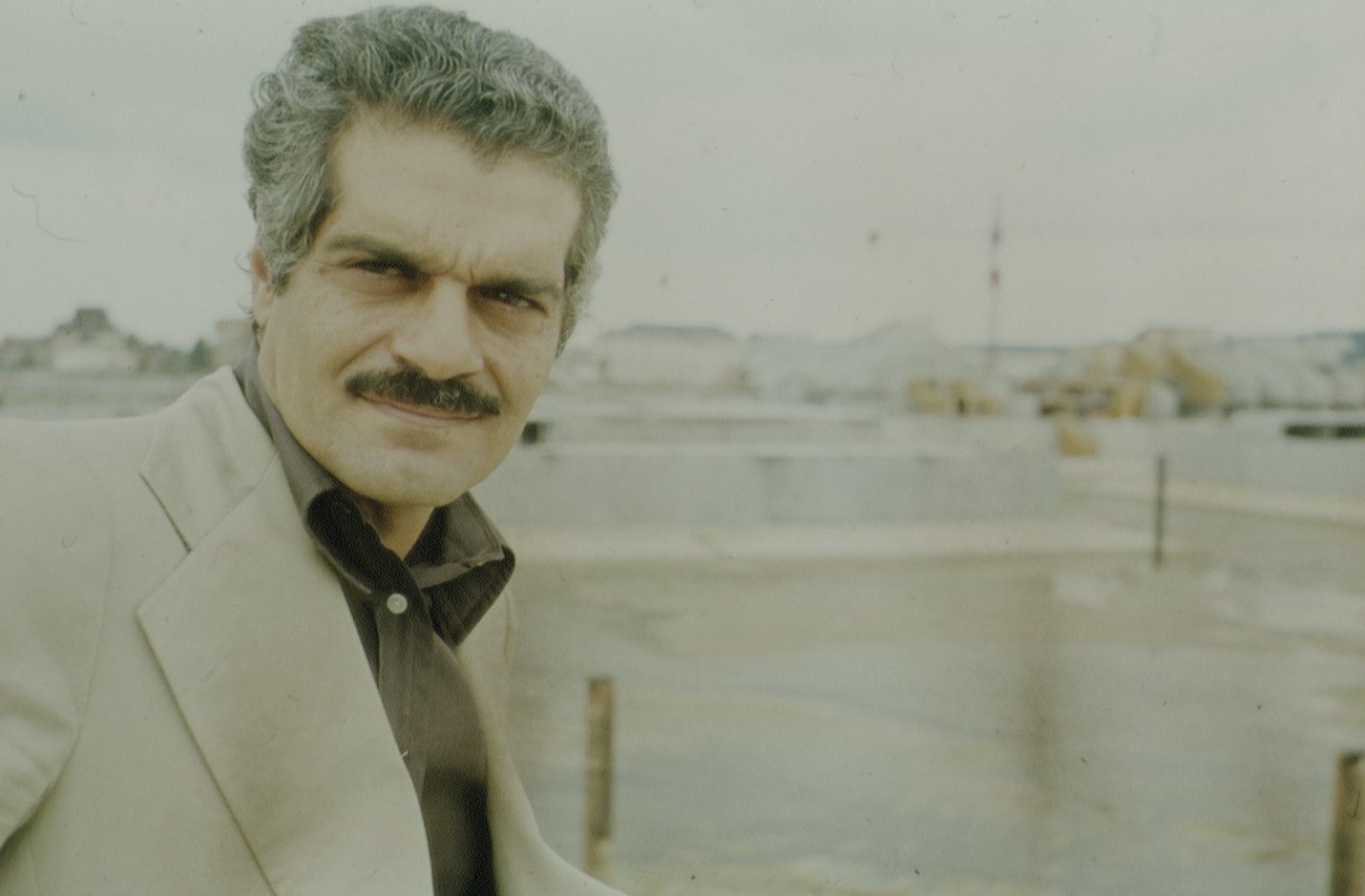 Alain Dejean, Getty Images
Alain Dejean, Getty Images
49. He Had A Few Last Great Moments
It usually applies more to women, but Hollywood wants their stars young, fresh-faced, and beautiful. Even if he hadn’t been taking whatever he could get, Omar would have struggled to find roles that weren’t just old men. But the role of one old man, the titular character in 2003’s Monsieur Ibrahim, at least brought him critical acclaim and the 2004 César Award for Best Actor. 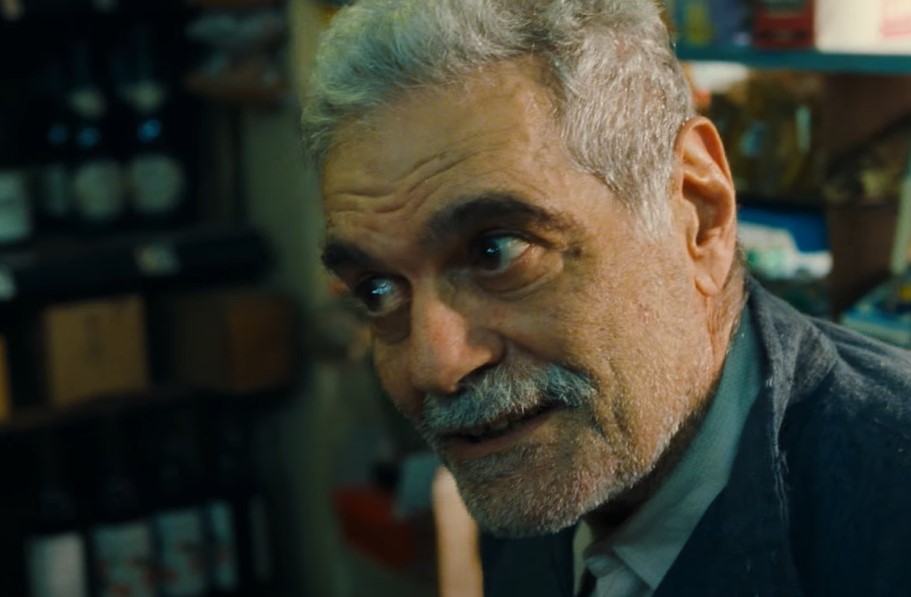 ARP Sélection, Monsieur Ibrahim (2003)
ARP Sélection, Monsieur Ibrahim (2003)
50. He Passed Of A Heart Attack
Perhaps he passed of a broken heart. Only months after his ex-wife passed, Omar himself passed of a heart attack, after spending a month in a hospital in Cairo. His depression had worsened, and it reached a point where he even began refusing food and water.
He was survived by Tarek and Tarek’s two sons, but many of the actors he worked with throughout his life also remembered him, including Antonio Banderas. And he will always have the distinction of being Egypt’s biggest movie star.
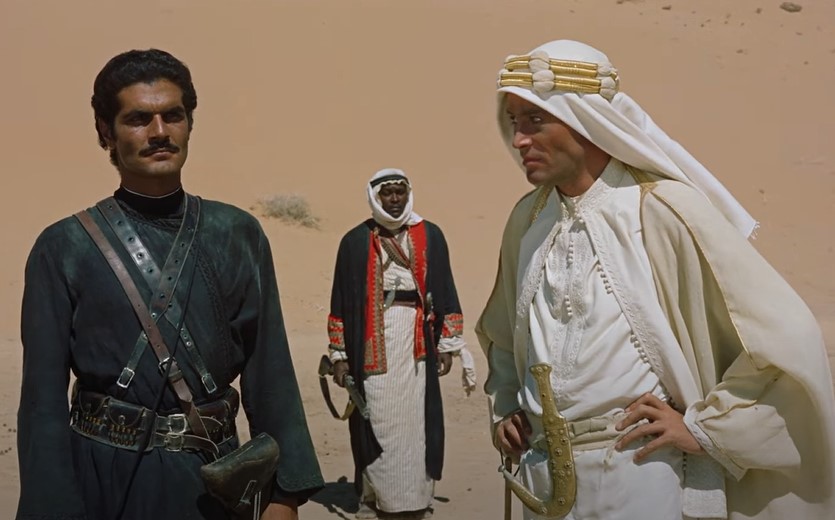 Columbia Pictures, Lawrence of Arabia (1962)
Columbia Pictures, Lawrence of Arabia (1962)

